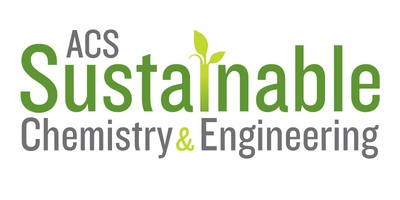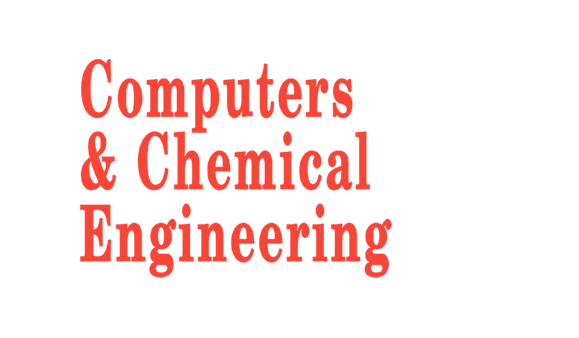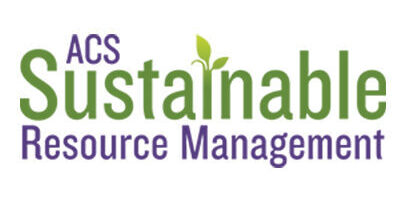International Conference on AI and Materials for Sustainability
Water – Energy – Climate
Fairmont Bab Al Bahr - Abu Dhabi | December 15 – 17, 2025
Organised by IIT Delhi - Abu Dhabi
AIMS 2025
Advancing AI and Materials for a Sustainable Future
The AI and Materials for Sustainability (AIMS) – 2025 Conference is designed to explore the innovative integration of artificial intelligence (AI), materials, chemistry, physics, and chemical engineering to address critical sustainability challenges in the water, energy, and climate sectors. Aligned with the United Nations Sustainable Development Goals (SDGs), the conference seeks to advance pioneering solutions that enhance environmental sustainability, resource efficiency, and climate resilience.
This event unites academics, researchers, industry leaders, policymakers, and emerging scientists to share insights, showcase research, and foster collaboration through keynotes, plenaries, parallel tracks, and networking - addressing the world’s most urgent challenges.

Call for Abstracts
Submit your research on AI and materials for sustainability in water, energy, and climate. Selected abstracts will be featured in oral and poster sessions, fostering collaboration and innovation.
Abstract Submission: Themes and Guidelines
1. Carbon Capture and Beyond (CCB): Materials, processes, and decarbonization of hard-to-abate sectors, CO₂ capture and CO₂ valorisation.
2. Innovations in Hydrogen Production and Management: Innovations in green and blue hydrogen, and materials for hydrogen storage.
3. Materials for Sustainable Energy: Energy storage materials and solutions, water purification, water splitting, and methane abatement
4. Materials and AI in Circular Energy Transitions: Advances in AI methods, life cycle assessment, and techno-economic evaluation, AI based approach in Circular Economy & Sustainable Materials.
5. AI for Material Design: AI in Materials Discovery & Design for a Sustainable Future, AI-quantum mechanical integration, and high-throughput material screening
6. Digital Sustainability: Data-Driven Models, research database management, and decarbonising data centers.
7. The Water-Energy-Climate Nexus: Predictive modelling, AI-Powered Accelerated Modelling for Water, Energy & Climate Futures
8. Industry-Academia Collaboration for AIMS: Bridging the gap for sustainable innovation
9. Integrating Science, Engineering, and Policy for AIMS
Additional details
All presentations, whether oral or poster, must be submitted in the prescribed abstract format. Abstracts should relate to one or more of the conference themes outlined above. Please note that submission of an abstract does not guarantee acceptance.
The organizing committee will review all submissions, and accepted abstracts will be notified in due time regarding their presentation format (oral or poster).
Invited Speakers
Get to know the renowned speakers at AIMS 2025 Conference
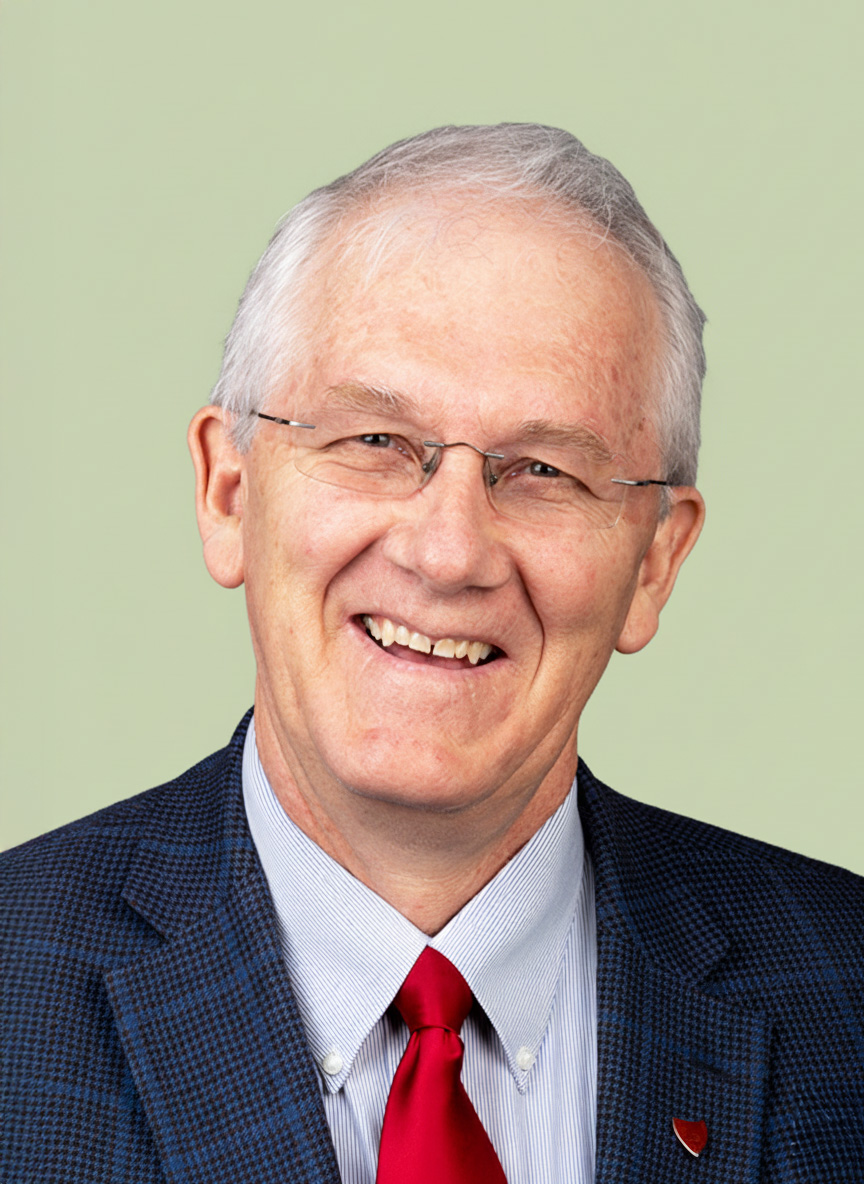
Prof. Joseph Smith
President of AIChE
Prof. Marc-Olivier Coppens
Vice Dean, University College London
Prof. Daniel M. Kammen
Director, Renewable and Appropriate Energy Lab, University of California, Berkeley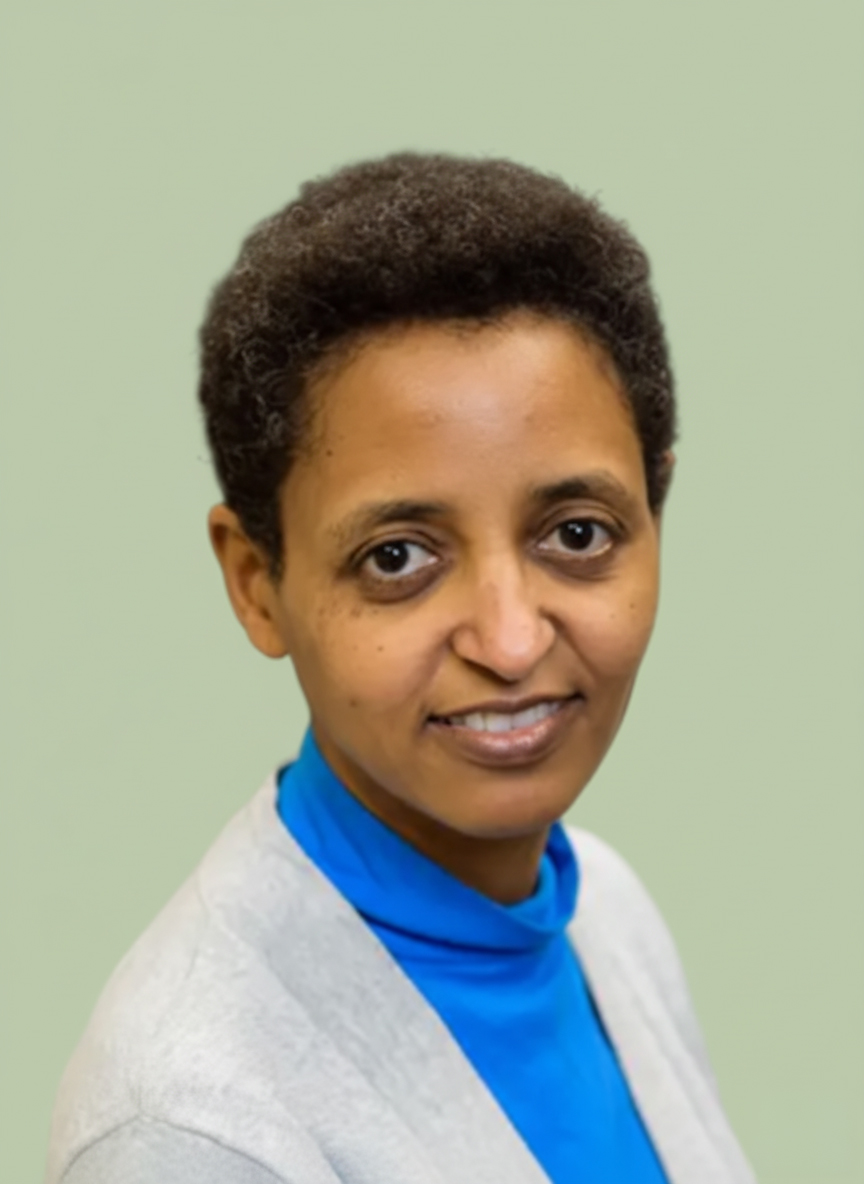
Sossina M. Haile
Walter P. Murphy Professor of Materials Science and Engineering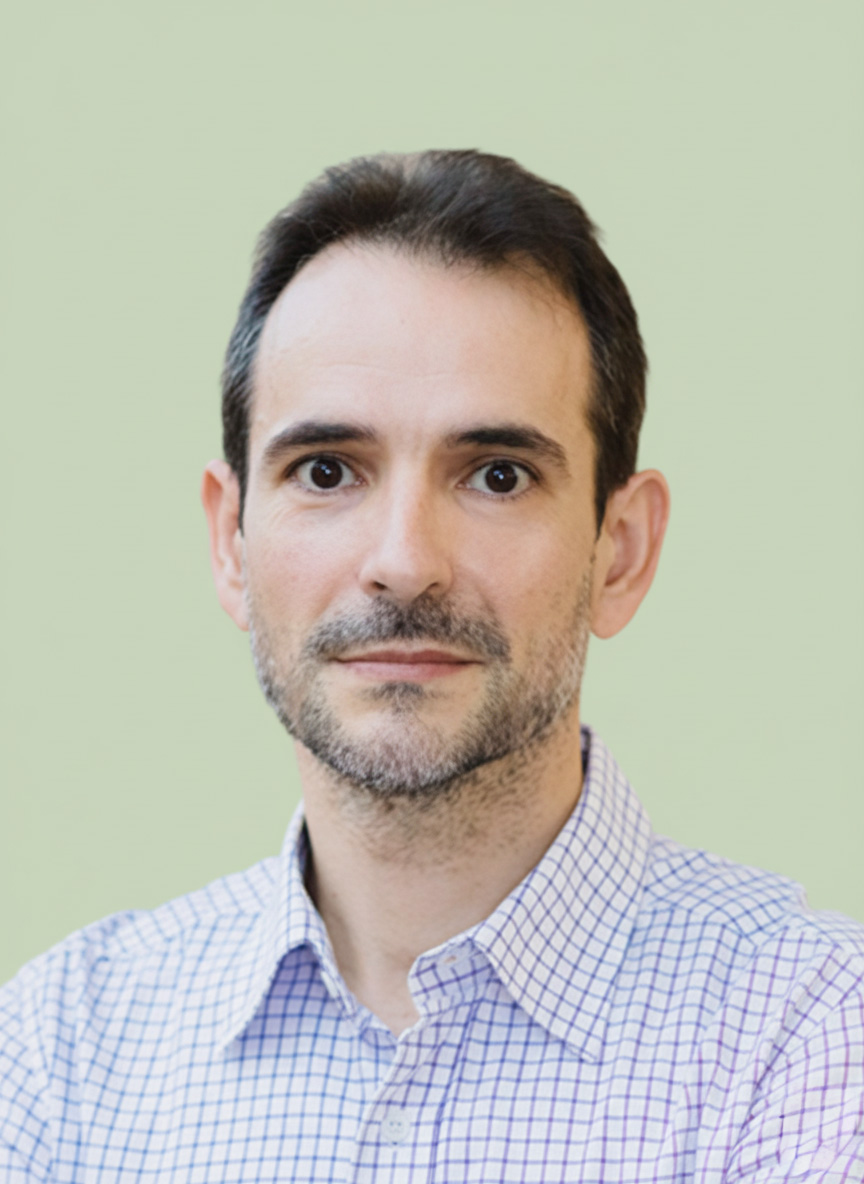
Prof. Jorge Gascon
Director, KAUST Catalysis Center, King Abdullah University of Science and Technology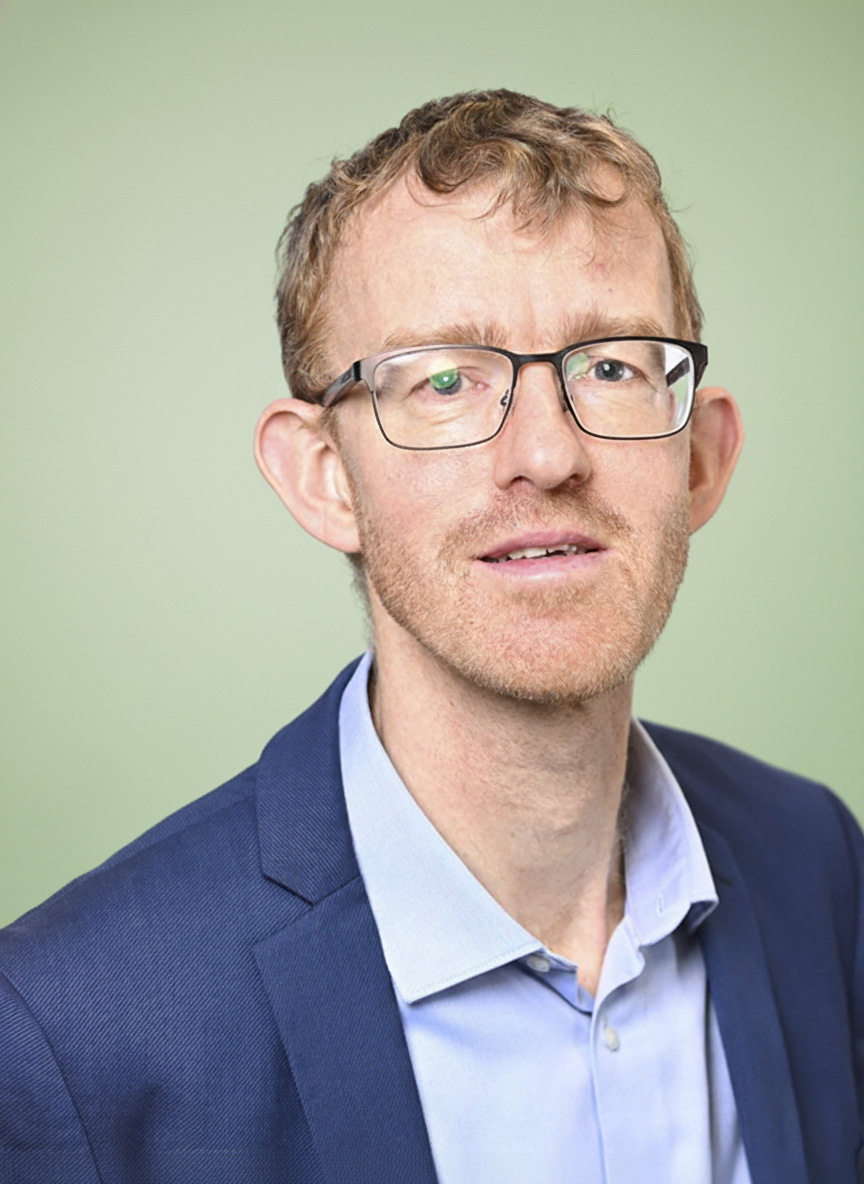
Prof. Ruud van Ommen
Editor-in-Chief ALDJ, TU Delft
Dr. Zachary W. Ulissi
Research Scientist, Meta Fundamental AI Research Lab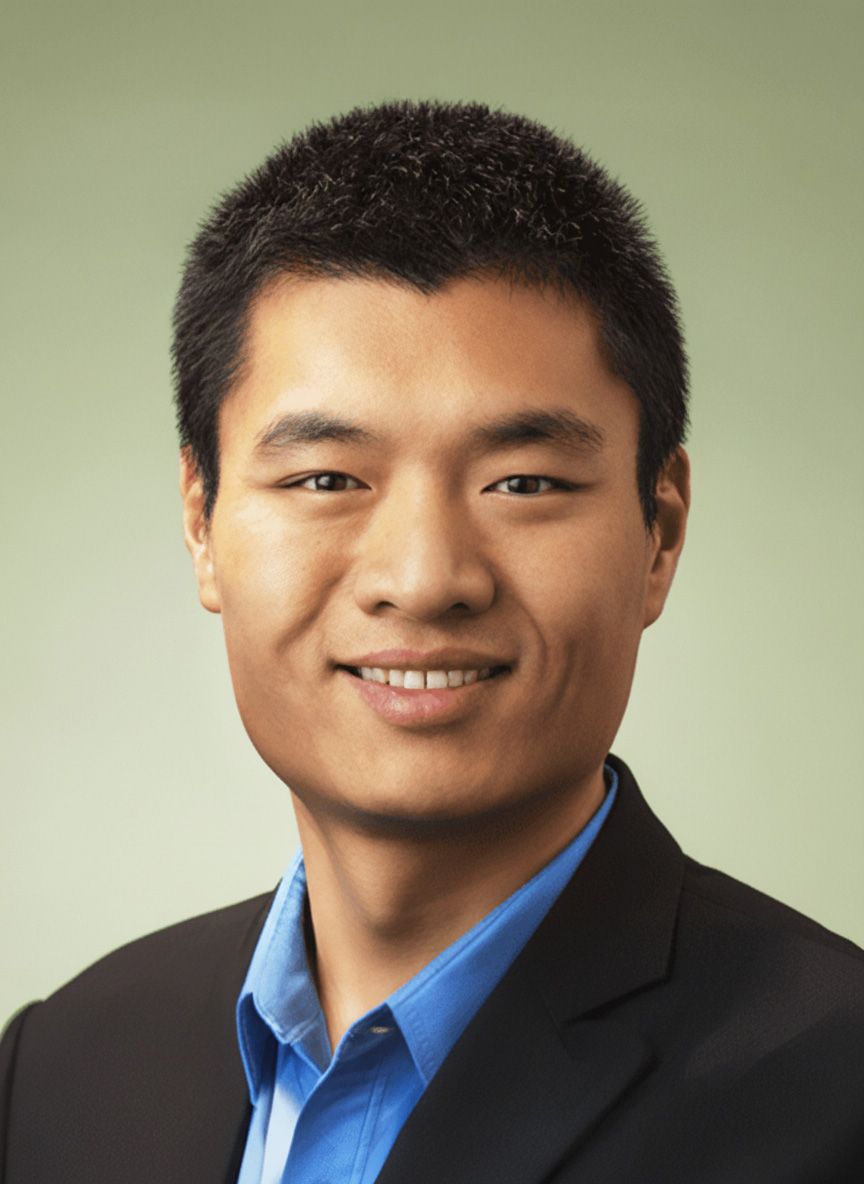
Prof. Fengqi You
Director, Cornell AI for Sustainability Initiative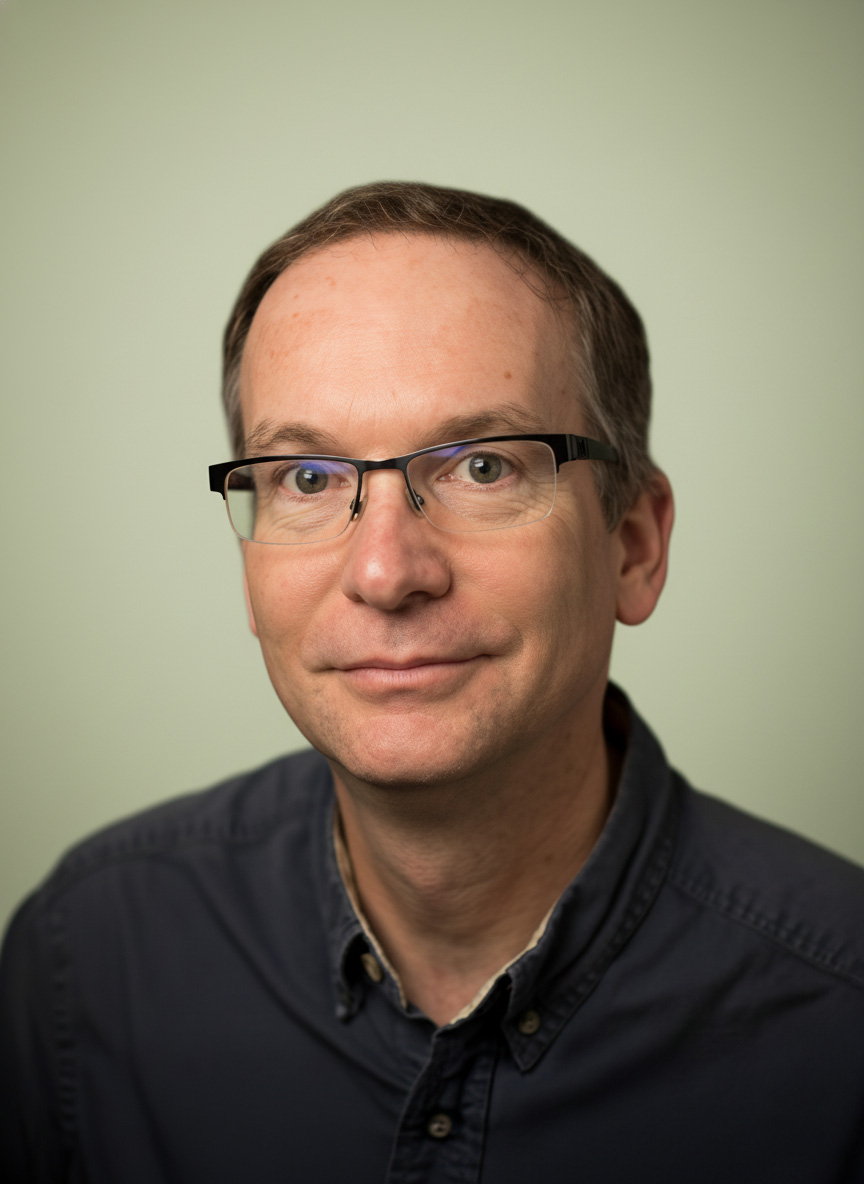
Dr. Jeffrey Snyder
Northwestern University
Prof. Moses Tade
John Curtin Distinguished Professor, Editor-in-Chief apjChemEng, Curtin University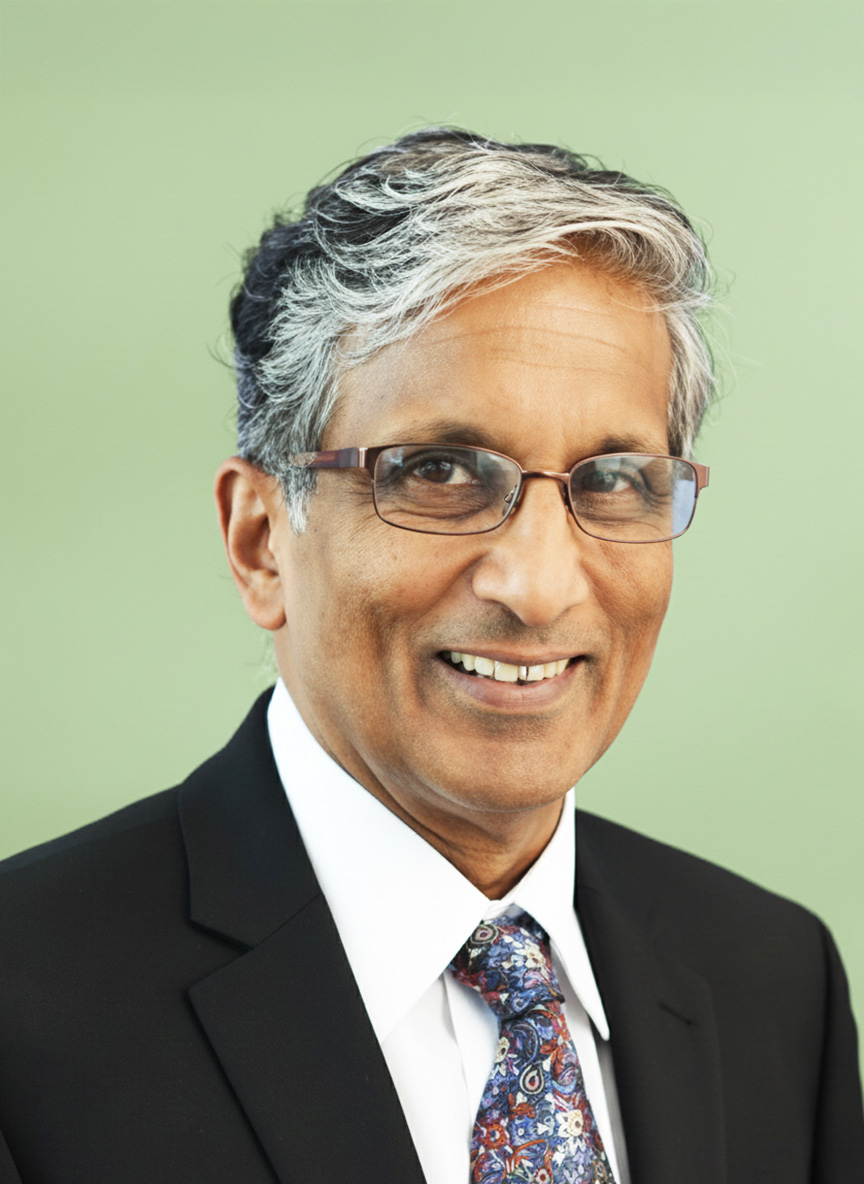
Prof. Krishna Rajan
SUNY Distinguished Professor
Prof. A. Marco Saitta
Université Pierre et Marie Curie - Sorbonne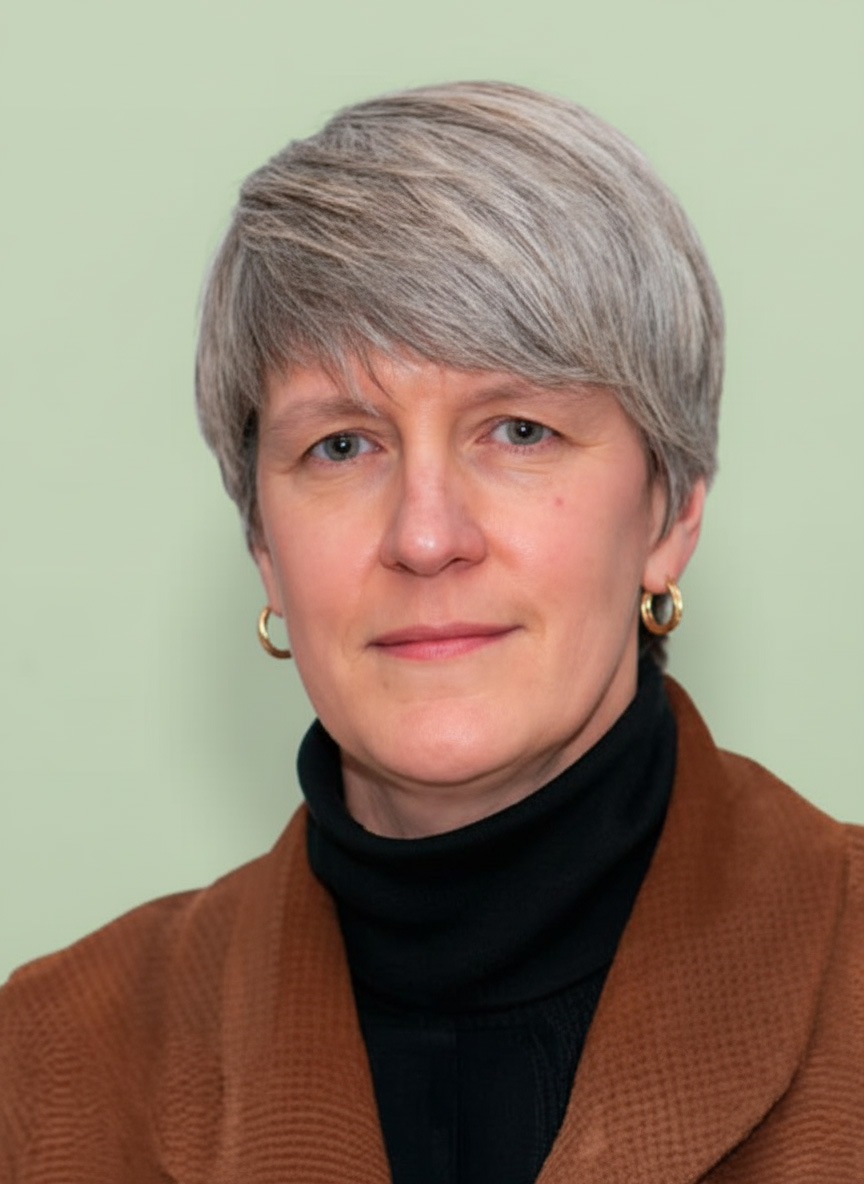
Dr. Josephine Mary Hill
Editor, Applied Catalysis A, UCalgary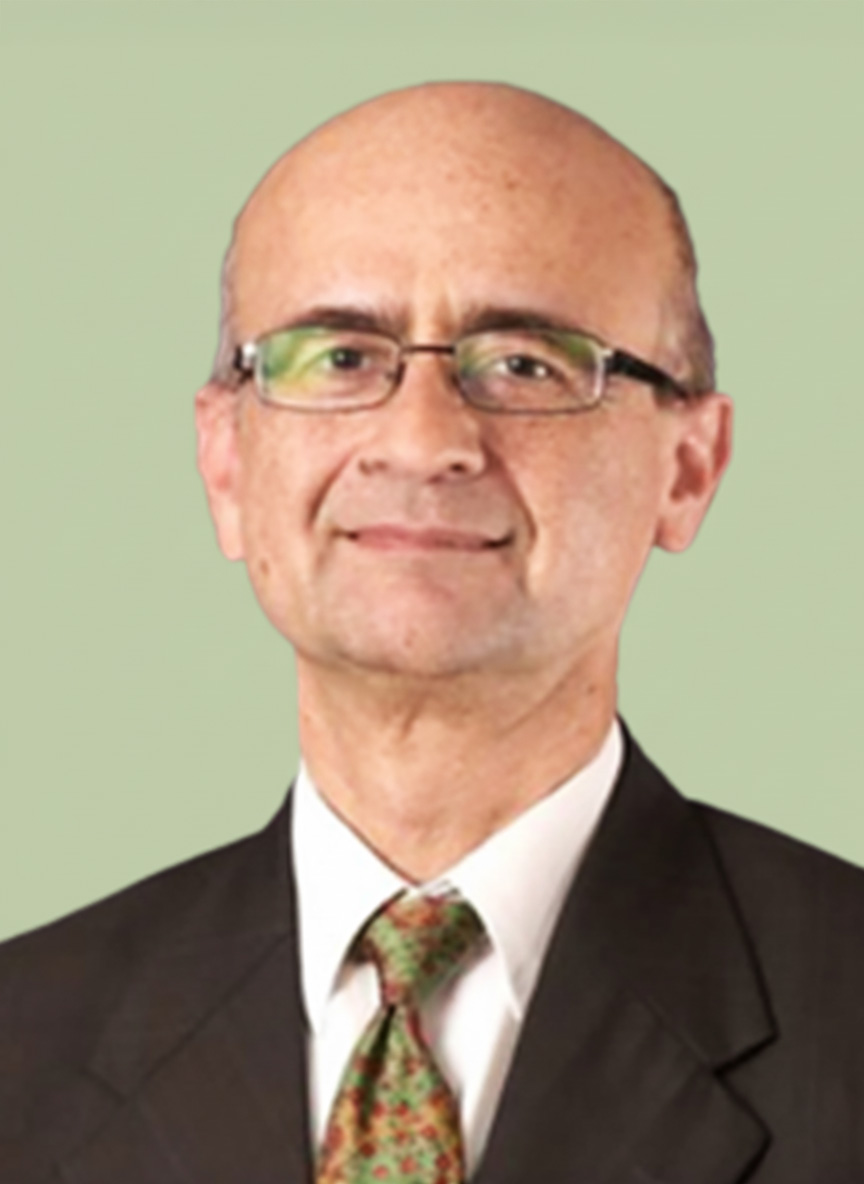
Prof. Bhavik Bakshi
Senior Global Futures Scientist Arizona State University
Prof. Ravindra D Gudi
Dean Alumni and Corporate Relations, IIT Bombay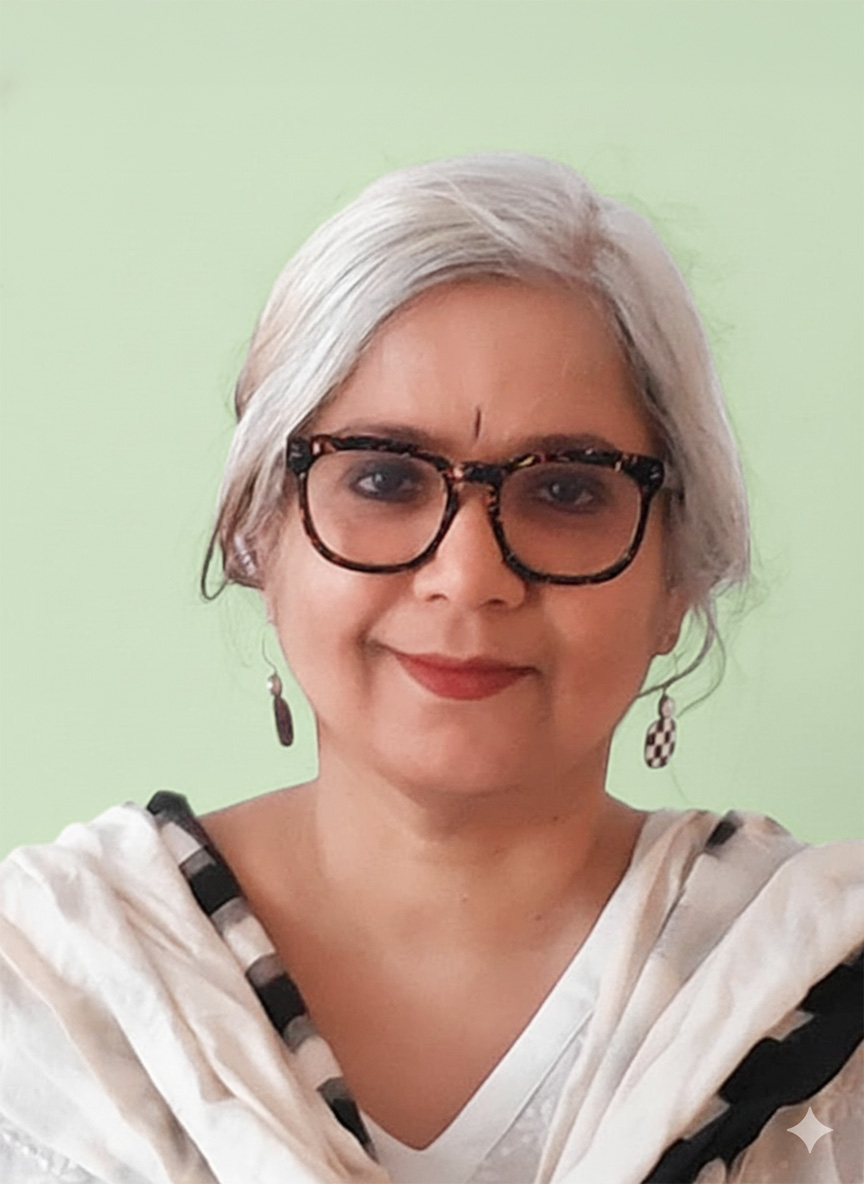
Prof. Shobhana Narasimhan
Anna Boyksen Fellow, TUM and JNCASR
Prof. Johannes A. Lercher
Director, Institute for Integrated Catalysis, Pacific Northwest National Laboratory
Prof. Muthanna H. Al-Dahhan
Missouri S&T
Prof. Wang Xianon
Tsinghua University
Prof. Mark T. Swihart
University at Buffalo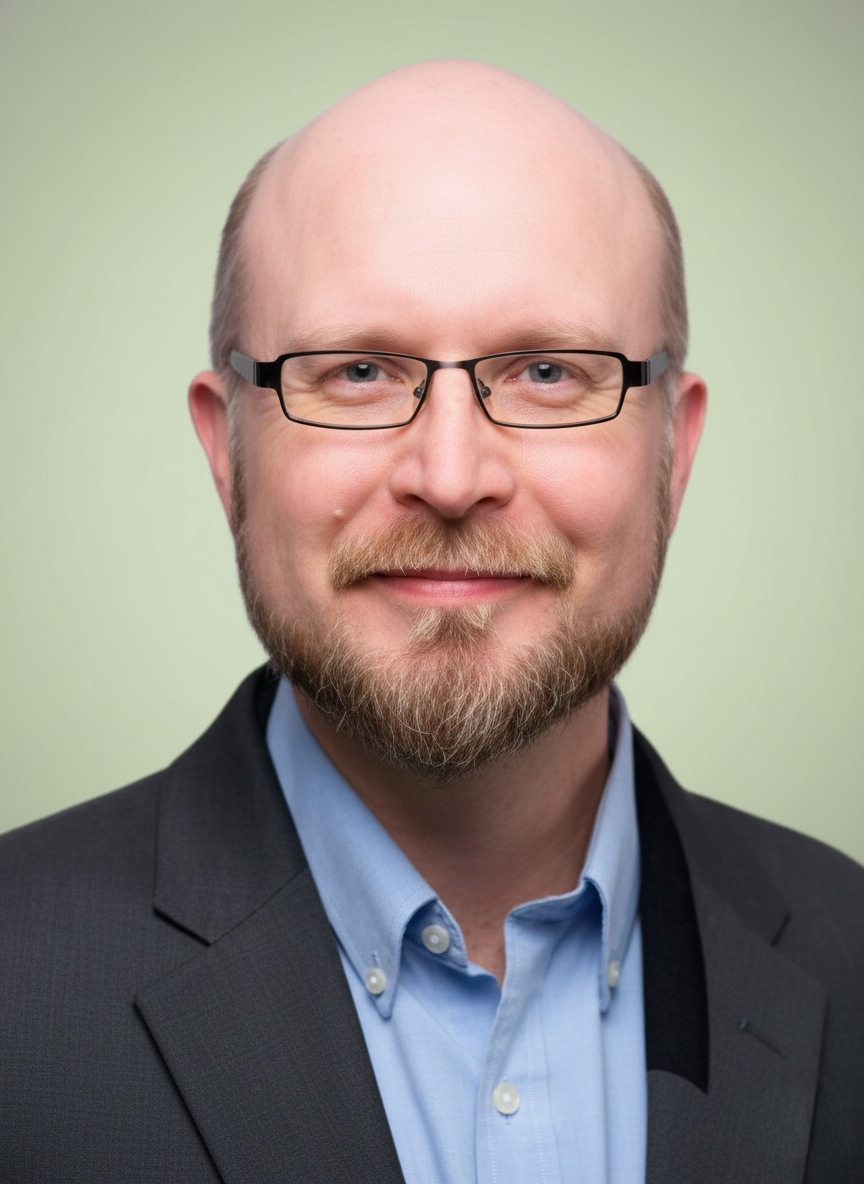
Prof. Johannes Hachmann
University at Buffalo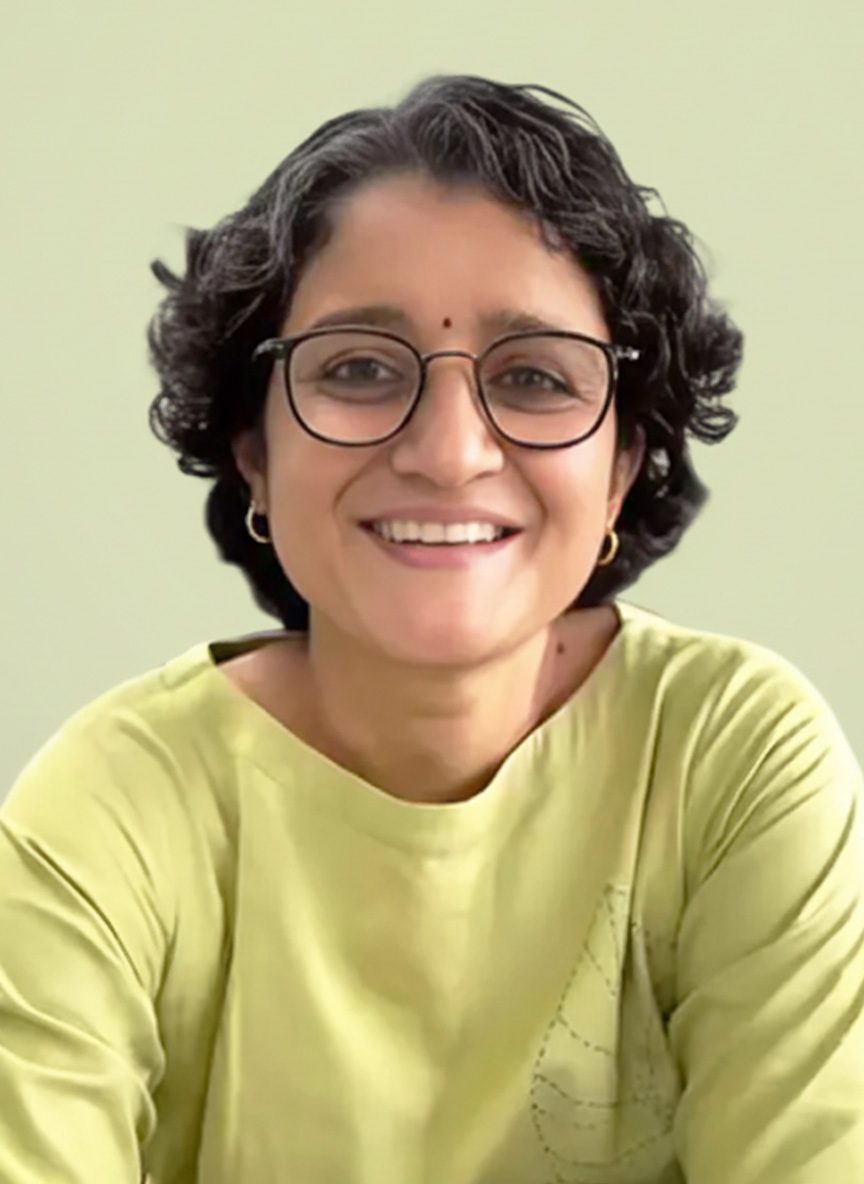
Prof. Preeti Aghalayam
Director-in-charge, IITM Zanzibar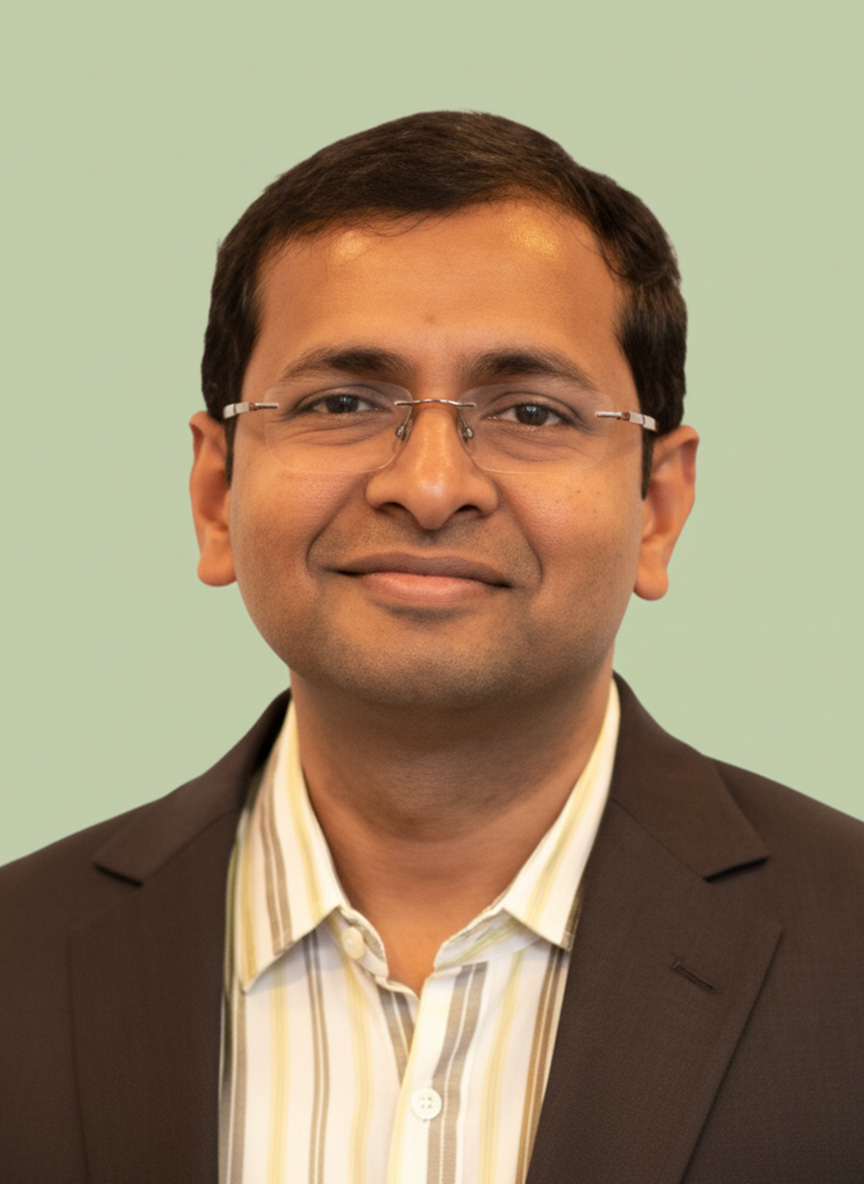
Prof. Vivek Polshettiwar
Tata Institute of Fundamental Research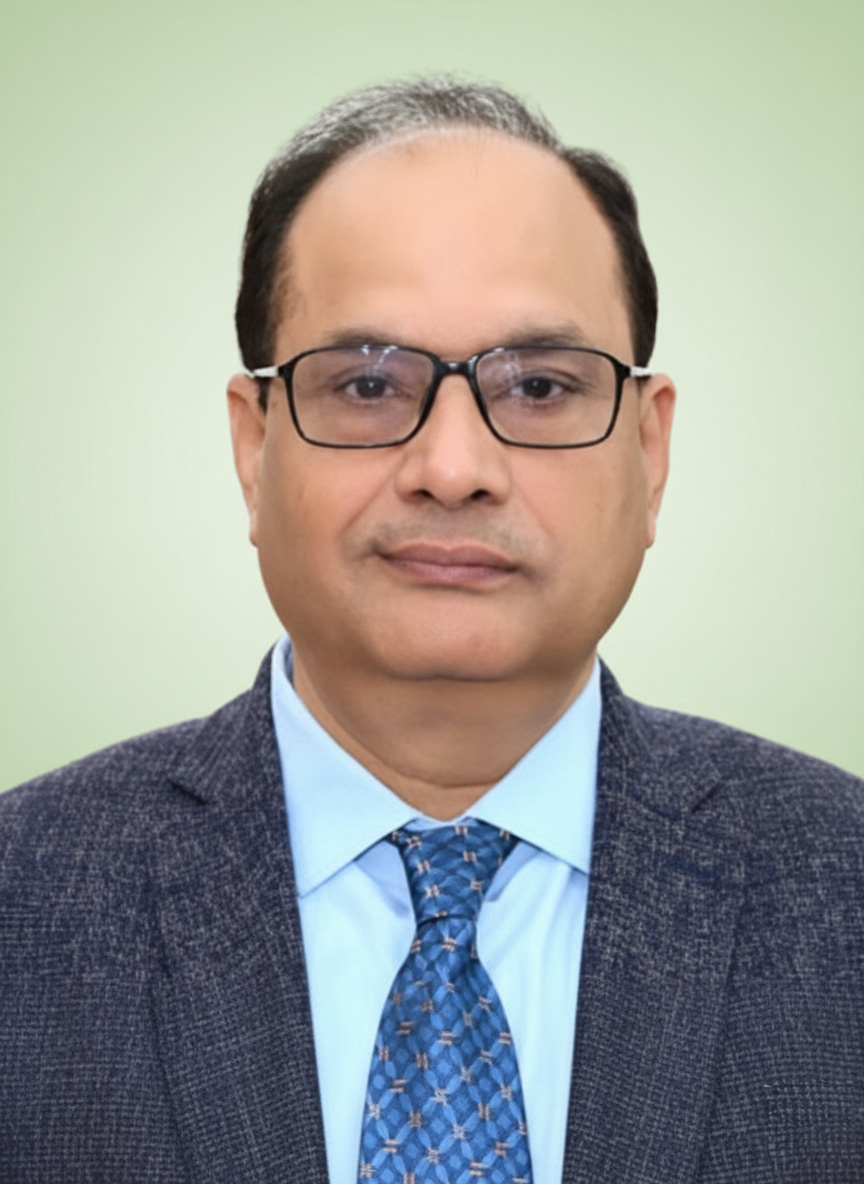
Prof. K. K. Pant
Director, IIT Roorkee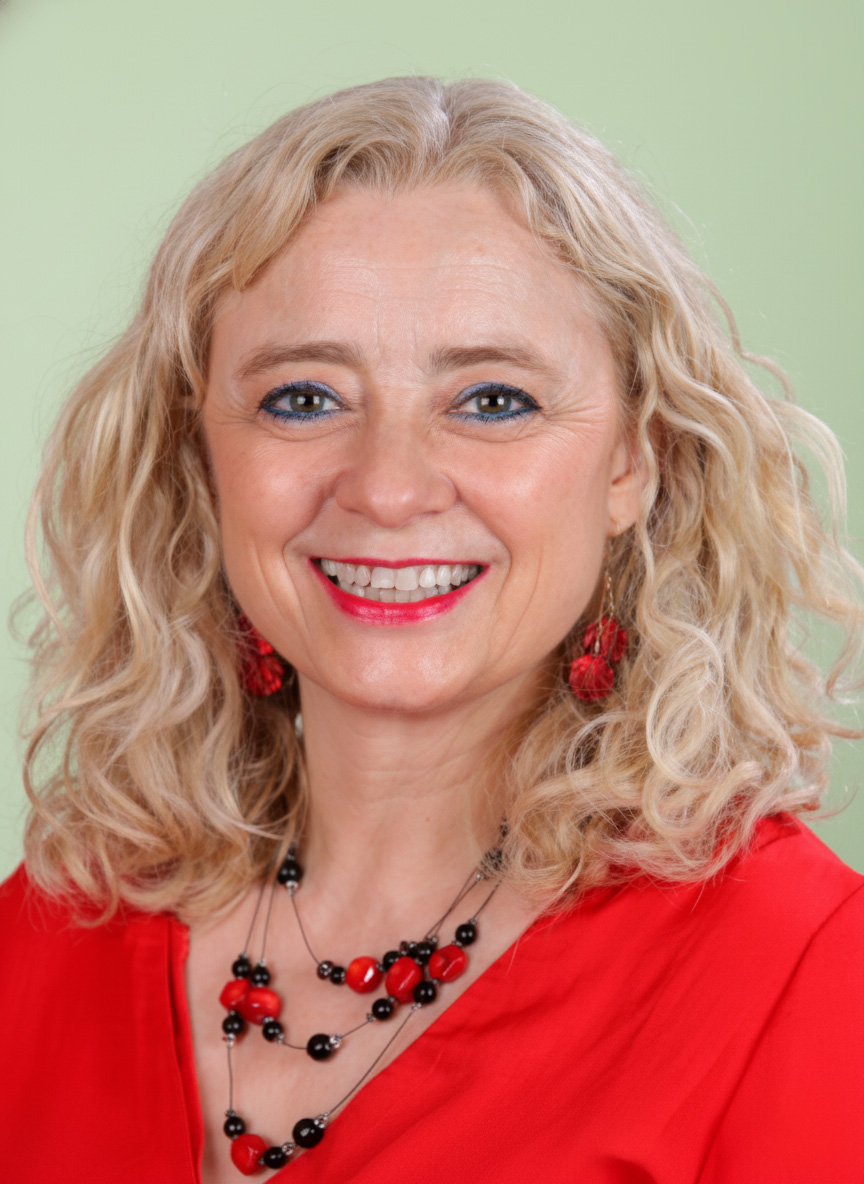
Prof. Lourdes F. Vega
Director & Founder of the RICH Center, Khalifa University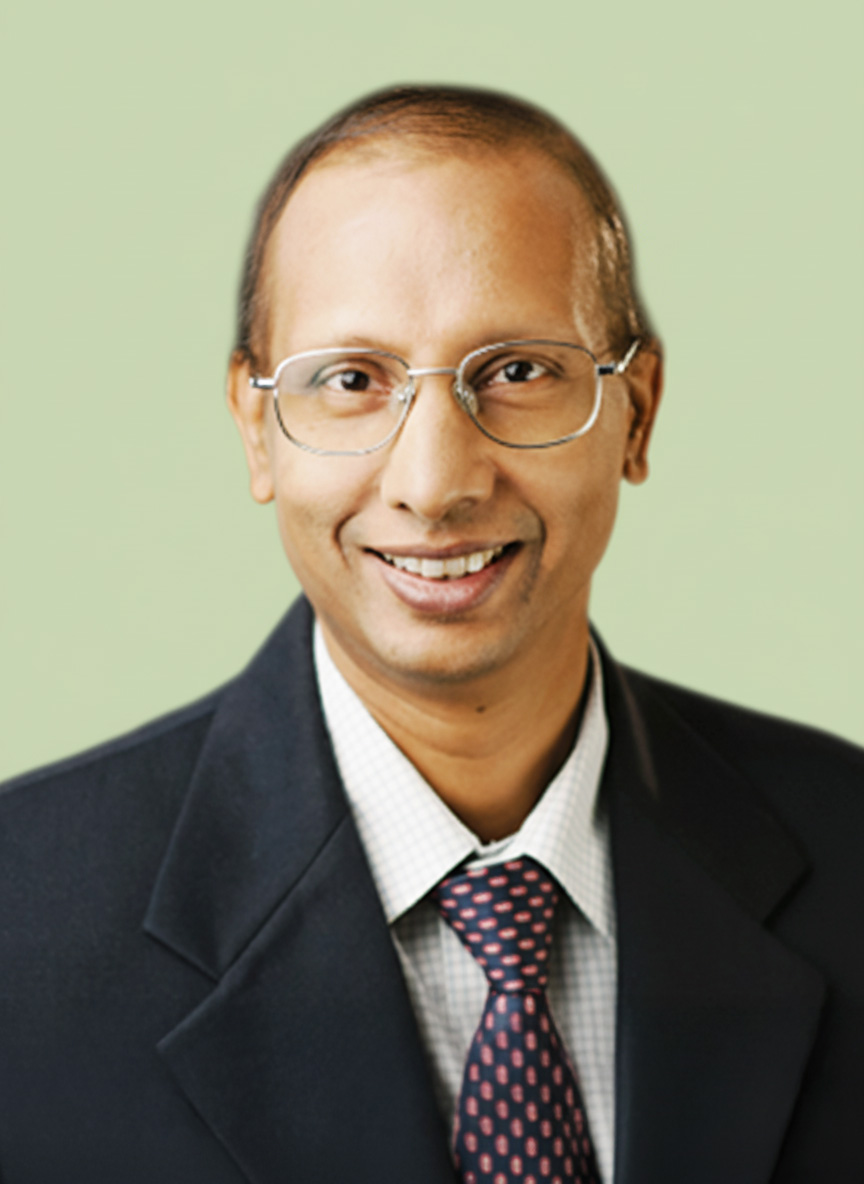
Prof. Rajagopalan Srinivasan
IIT Madras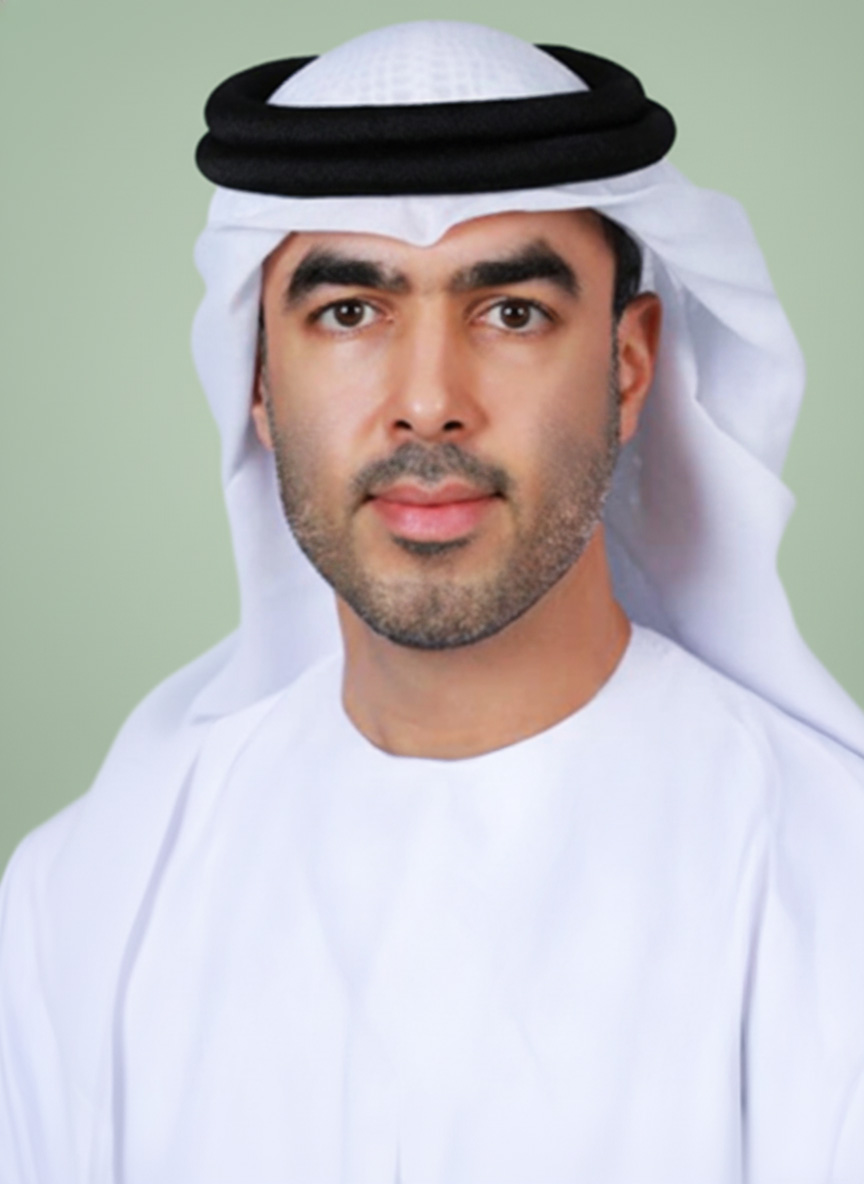
Prof. Ahmed Al Hajaj
Research & Innovation Center on CO₂ and Hydrogen, Khalifa University
Prof. Hassan Arafat
Senior Director of the RIC2D, Khalifa University
Prof. David Flaherty
Editor-in-Chief Journal of Catalysis, Georgia Institute of Technology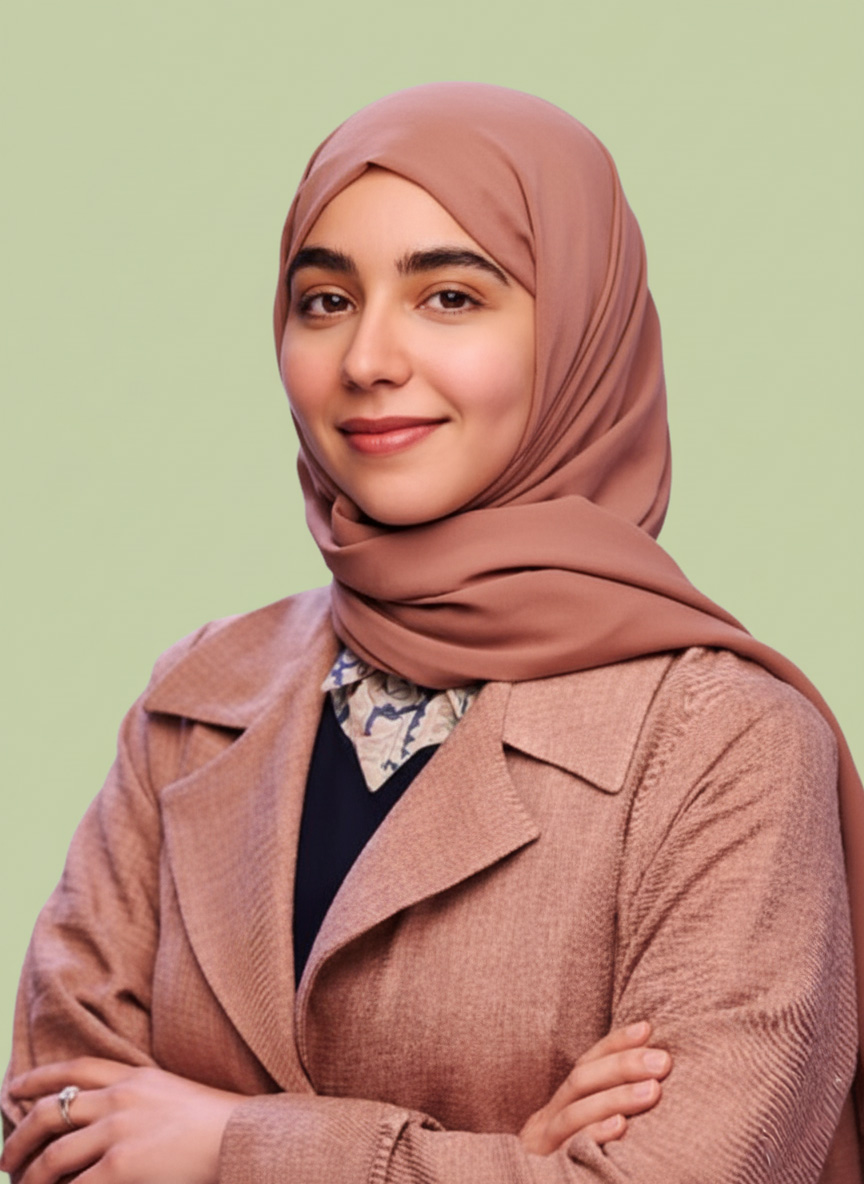
Prof. Safiya Khalil Alhashmi
New York University, Abu Dhabi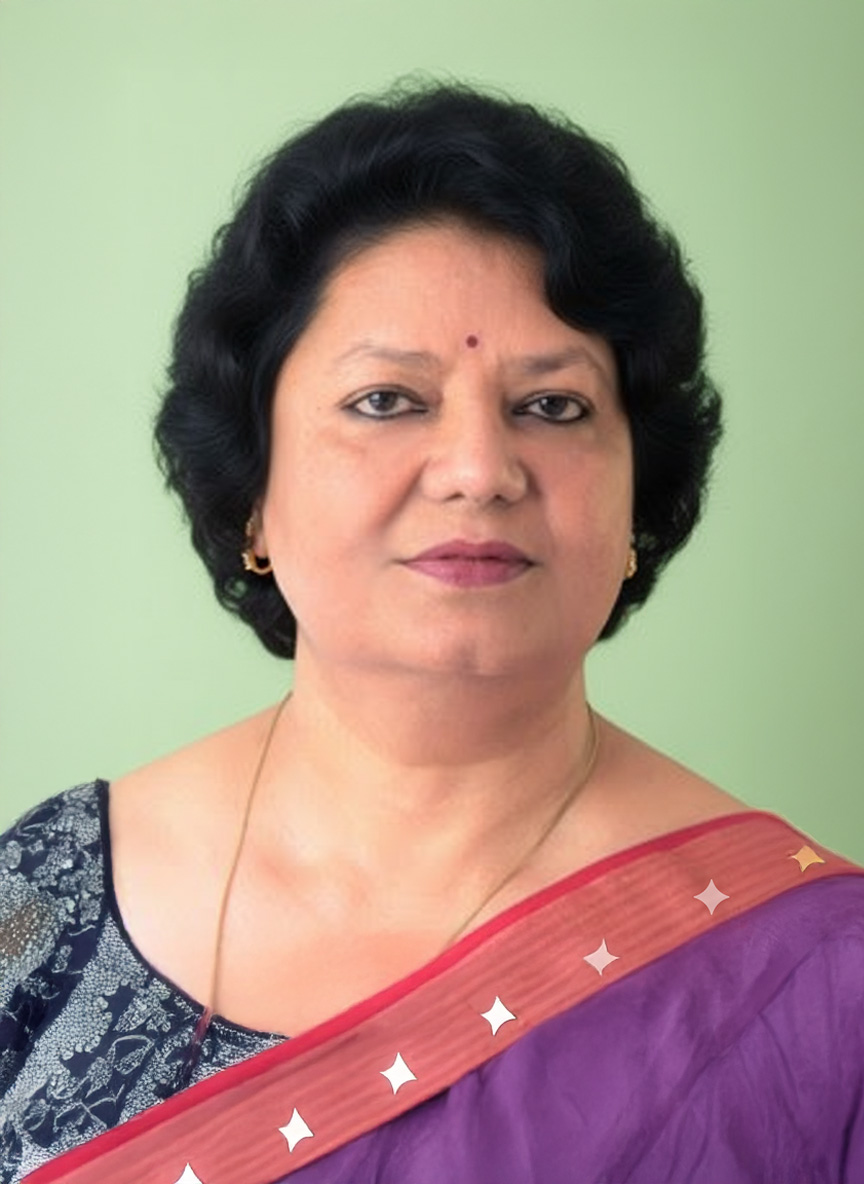
Dr. Gauri Singh
Deputy Director-General, International Renewable Energy Agency
Prof. Martin Takáč
Mohamed bin Zayed University of Artificial Intelligence (MBZUAI)
Dr. Alex Aliper
President, In Silico Medicine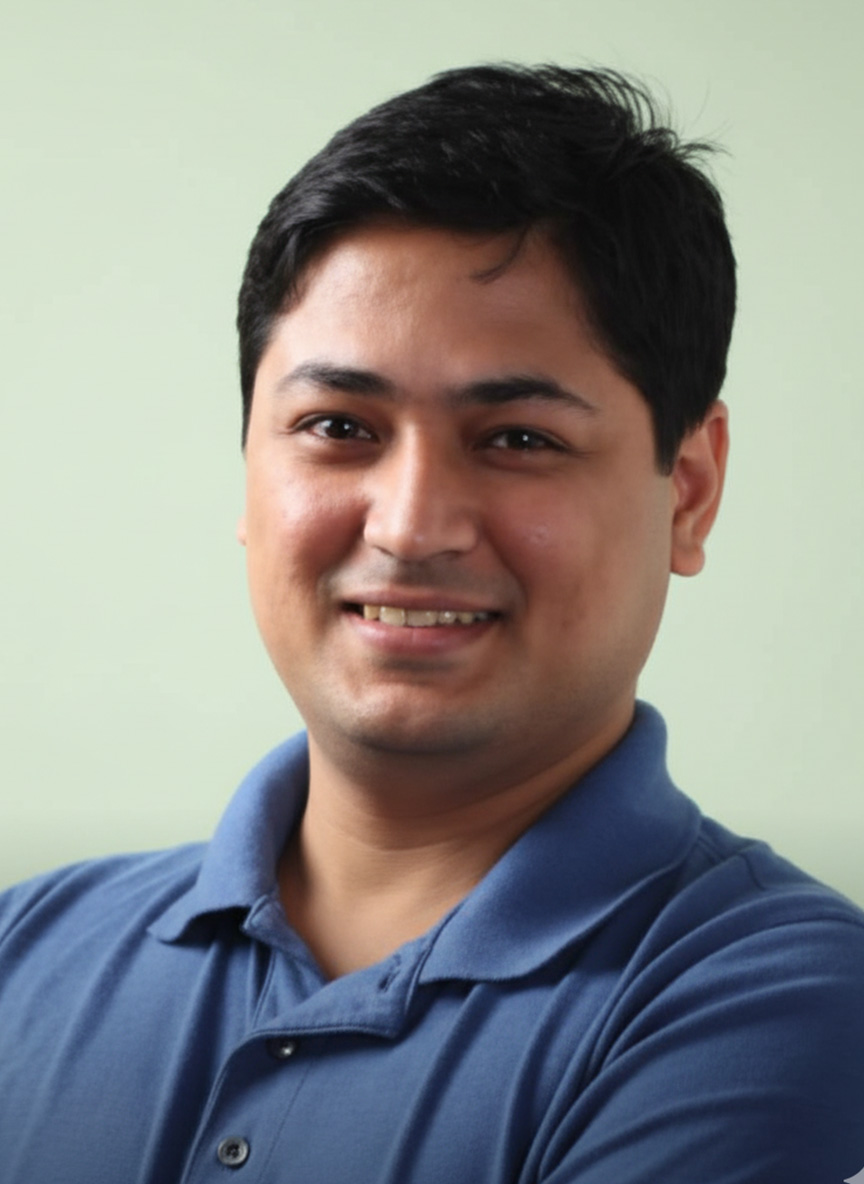
Prof. Abhijit Chatterjee
IIT Bombay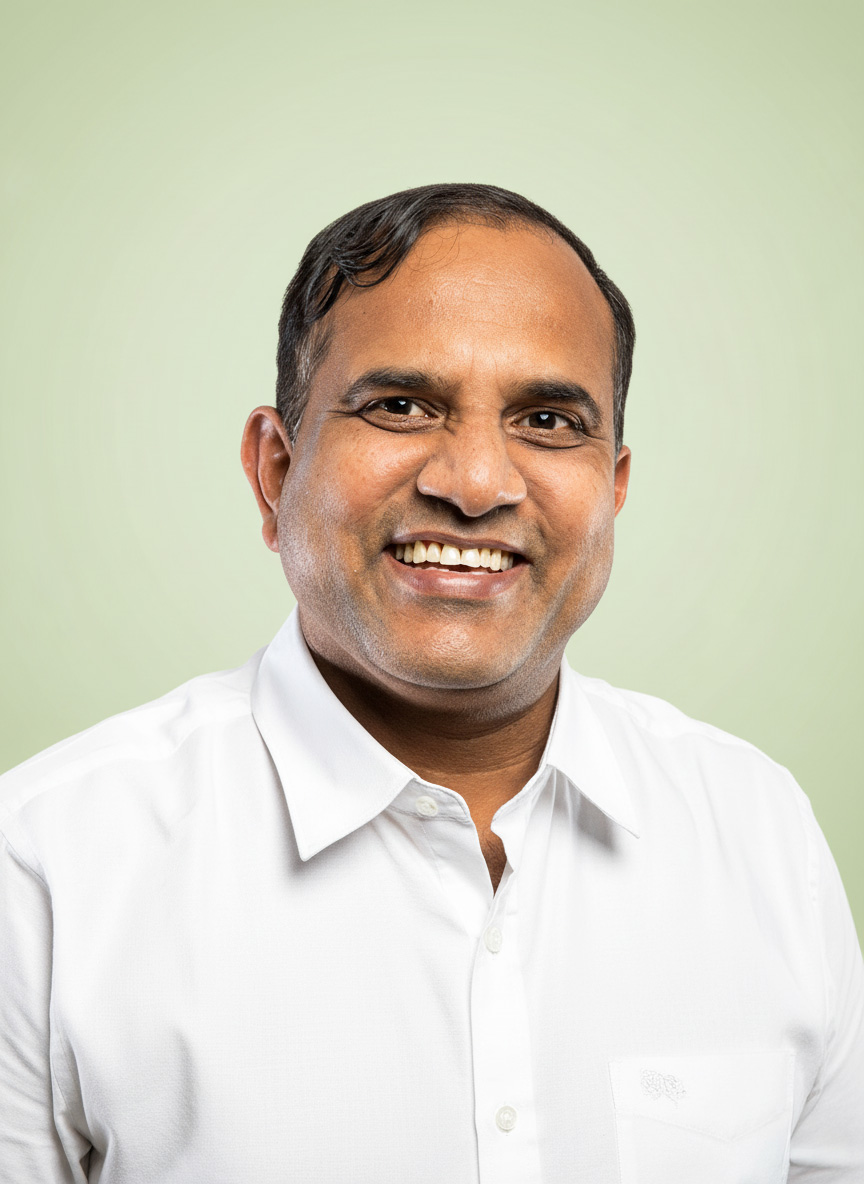
Prof. Suprakas Sinha Ray
Director, DSI-CSIR Nanotechnology Innovation Centre, University of Johannesburg,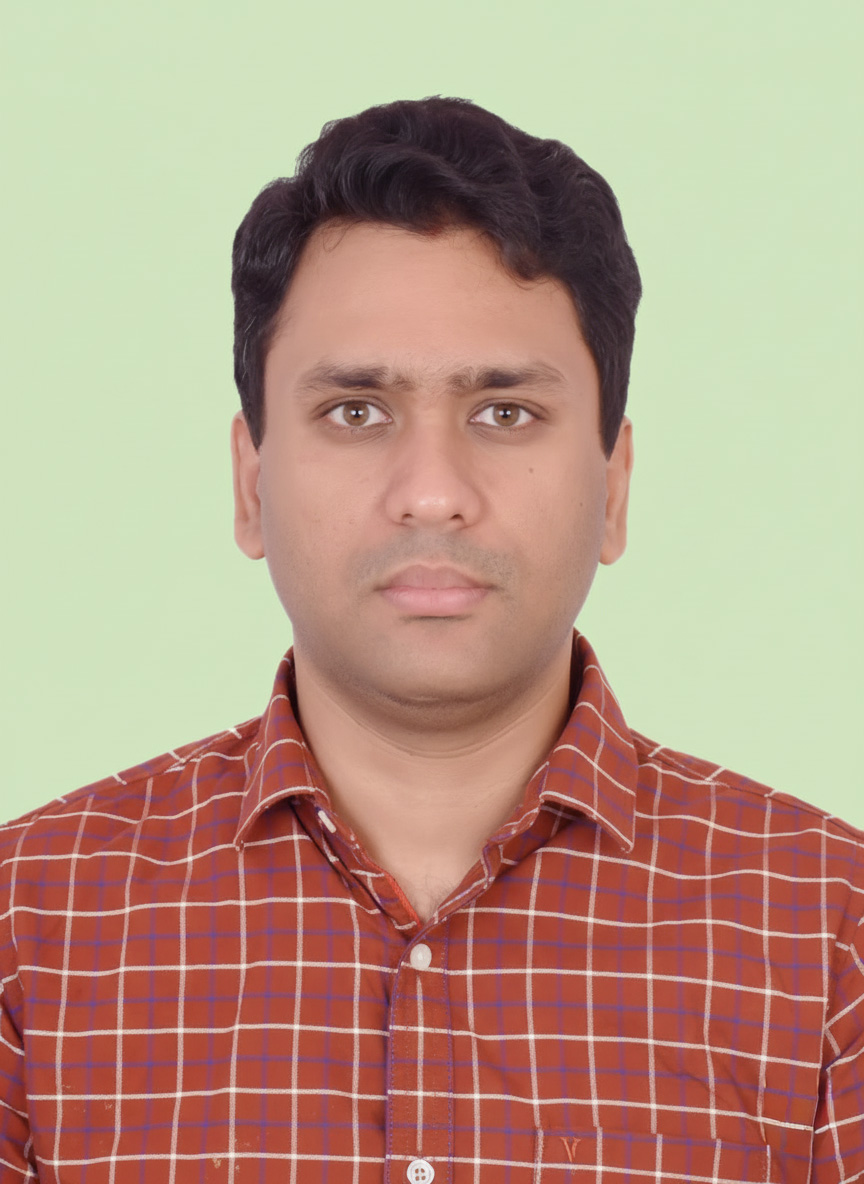
Prof. Ananth Govind Rajan
IISc Bangalore
Prof. Ali H. Al-Marzouqi
Dean, College of Graduate Studies, United Arab Emirates University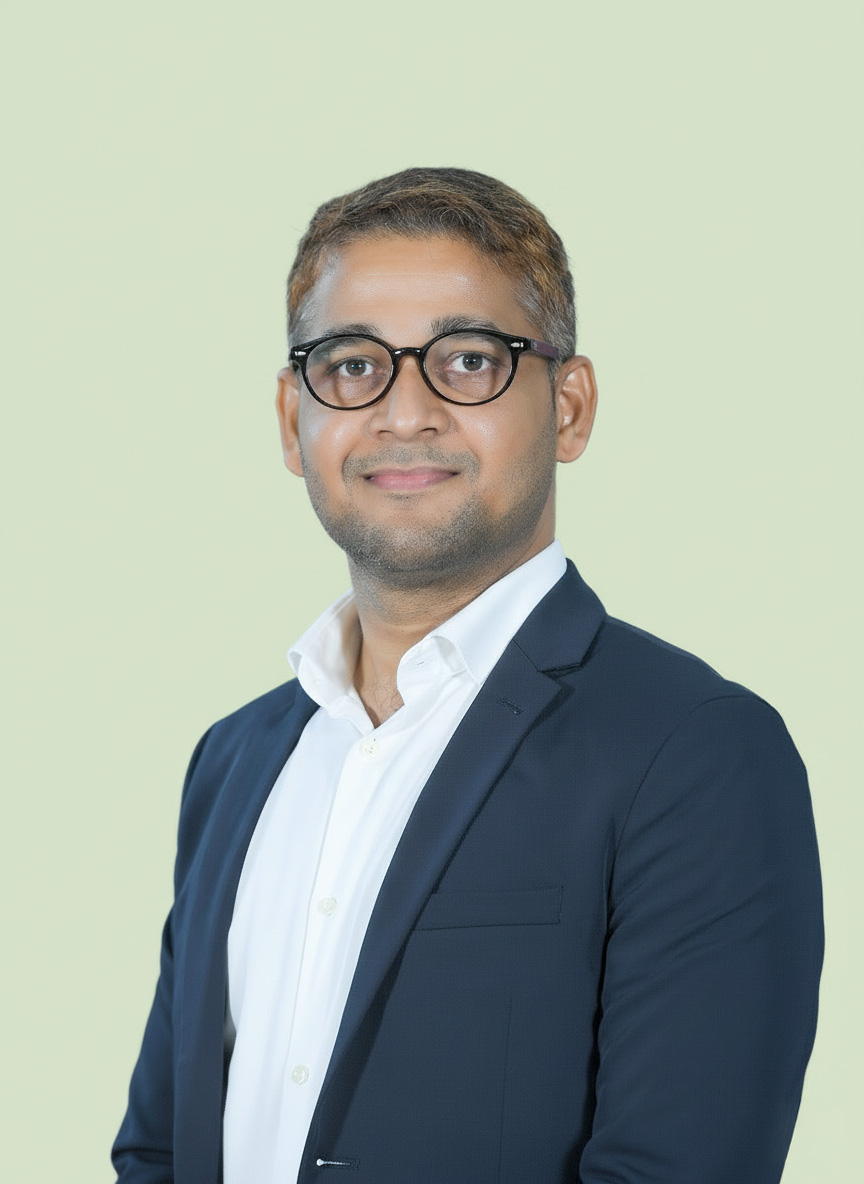
Prof. Dinesh Shetty
Khalifa University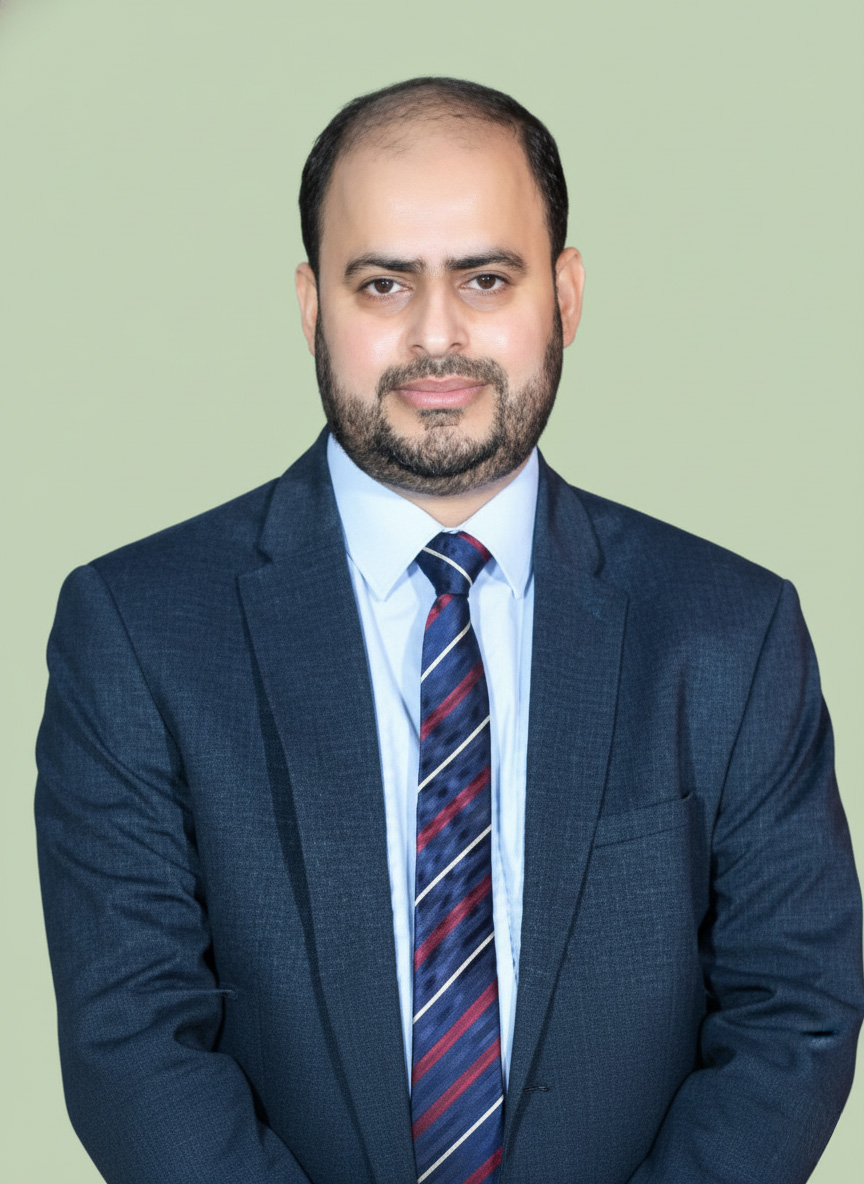
Prof. Ahsan ul Haq Qurashi
Khalifa University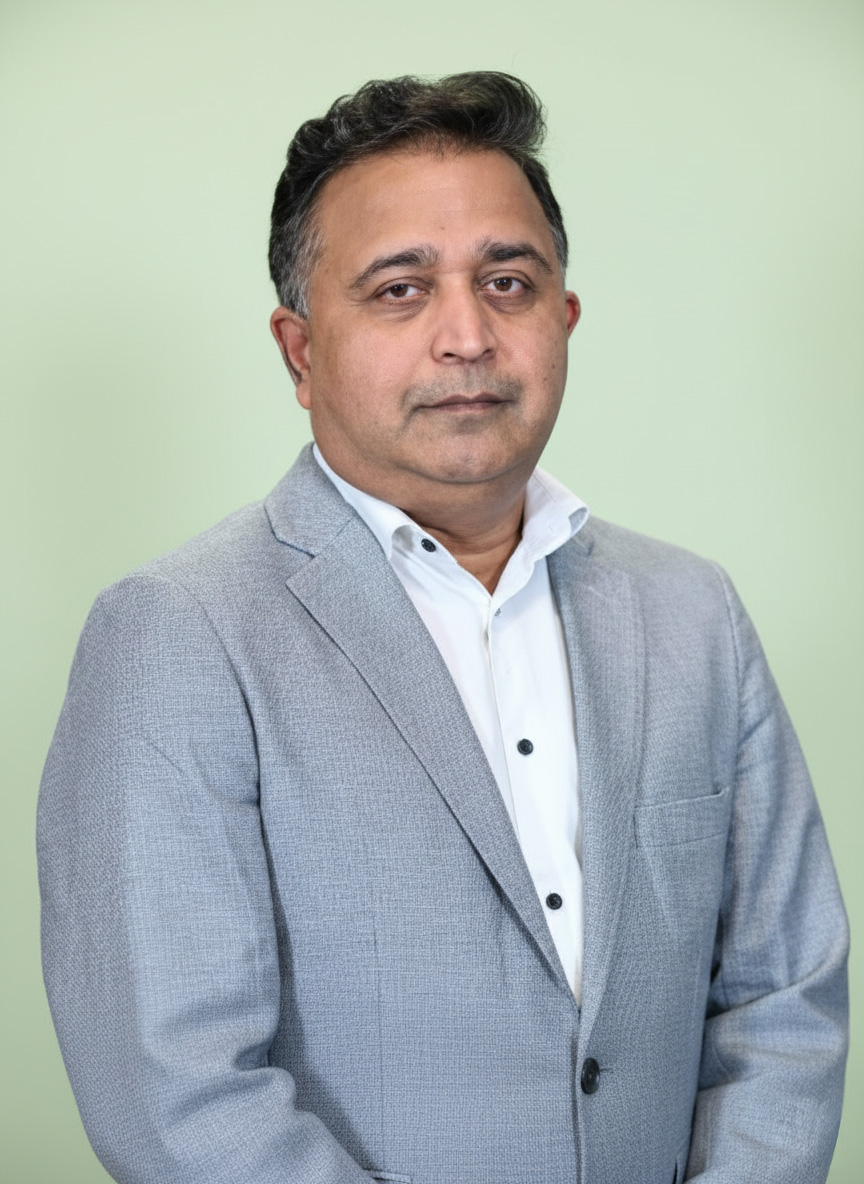
Prof. Vinay Gupta
Khalifa University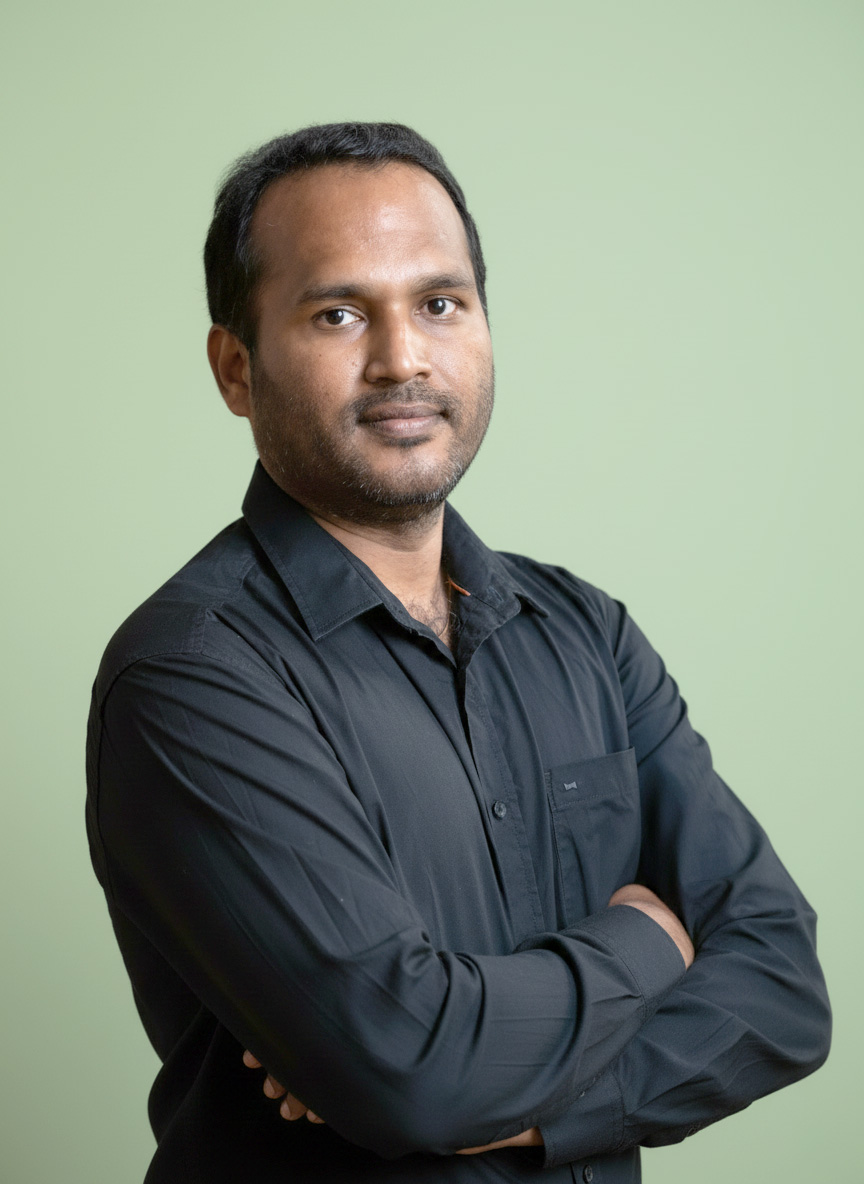
Prof. Sivaprakash Sengodan
Khalifa University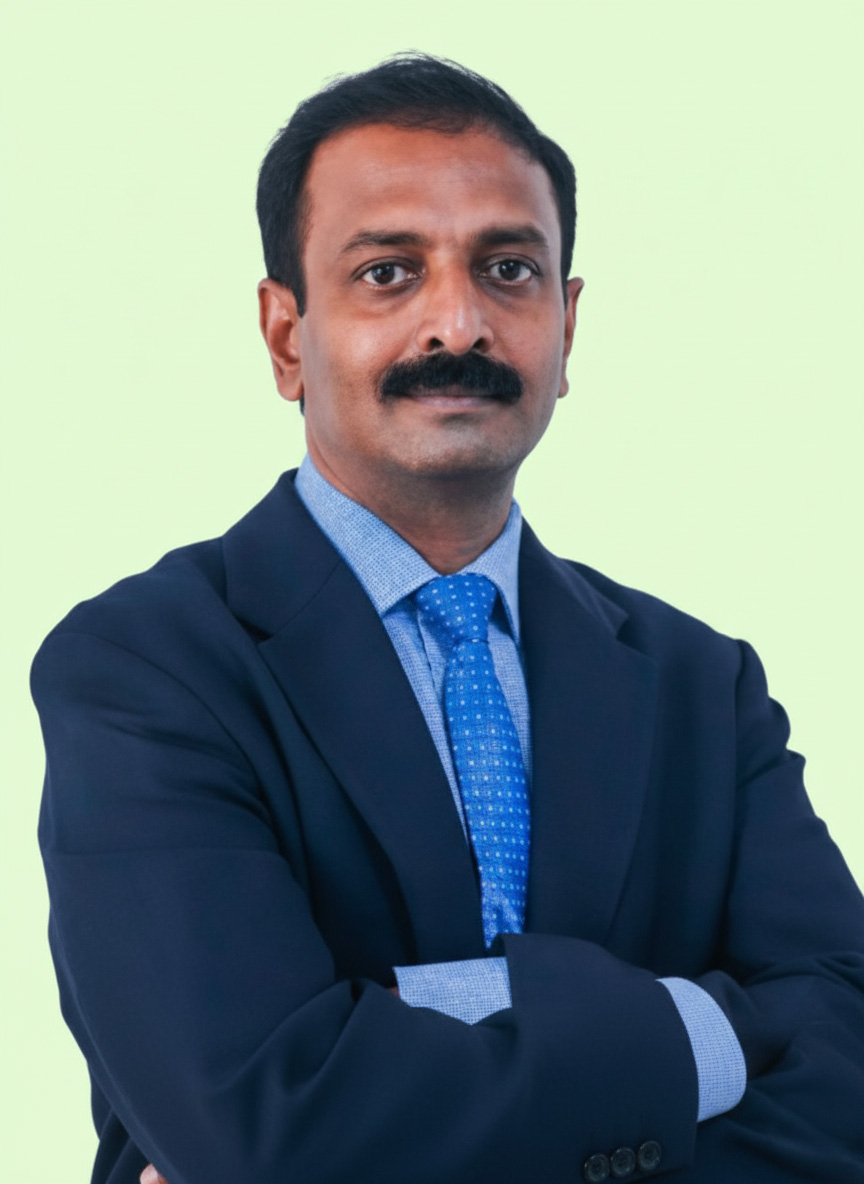
Prof. Chithirai Pon Selvan
Director, Research & Head of School – Science & Engg, Curtin University, Dubai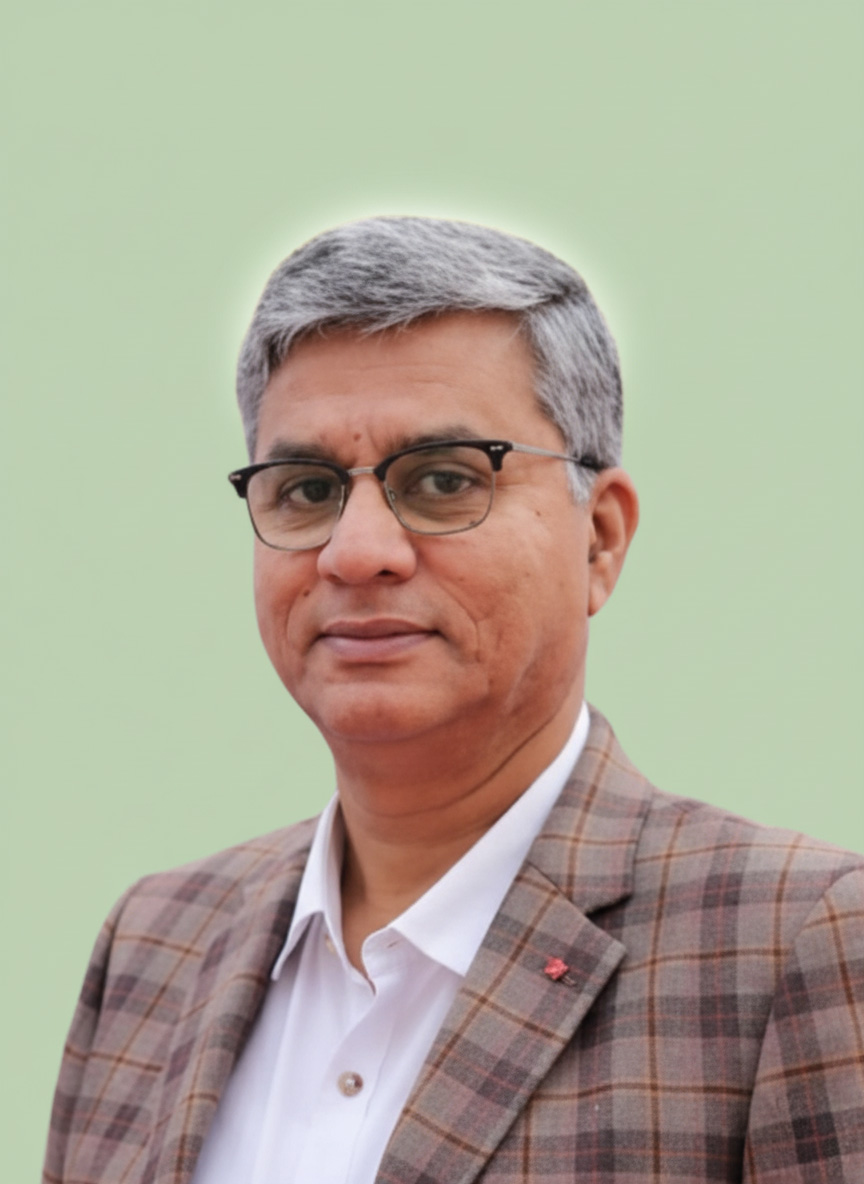
Prof. Suddhasatwa Basu
Indian Institute of Technology Delhi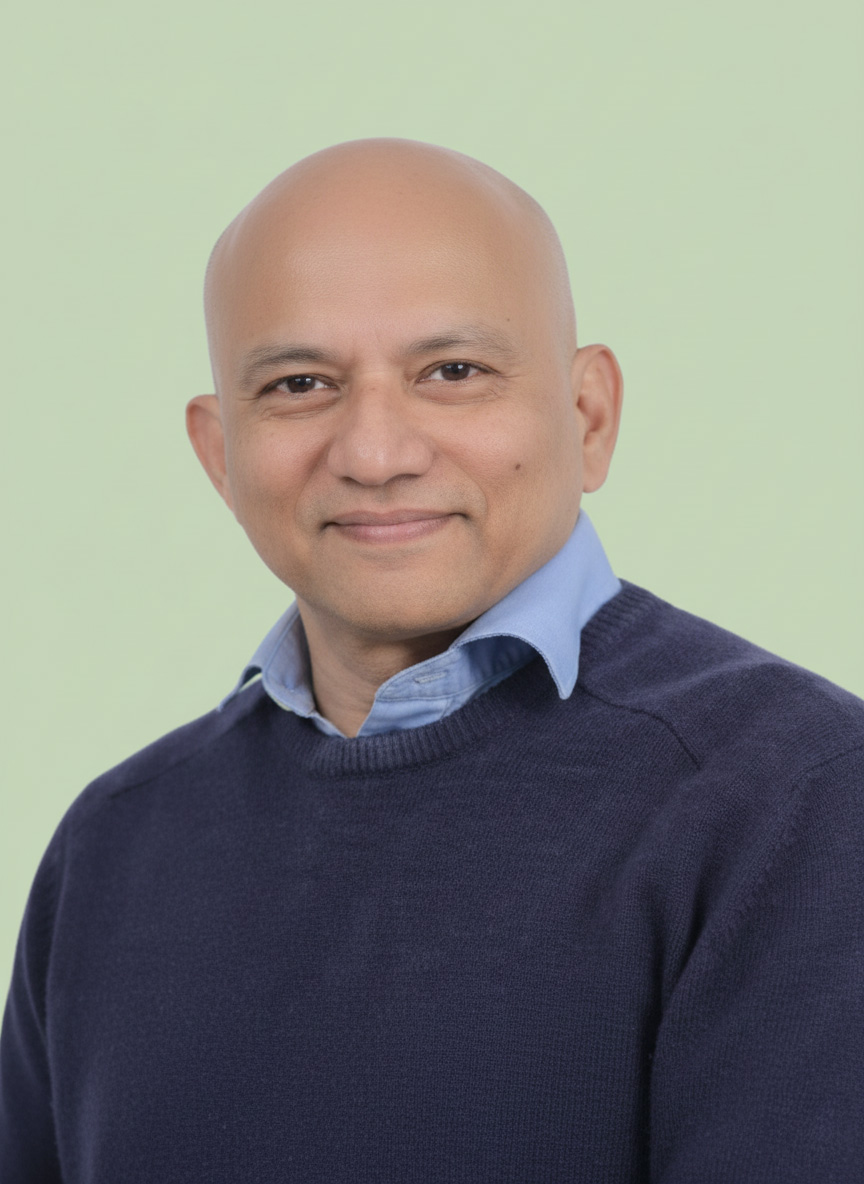
Prof. Ramakrishna R. Sonde
Formerly Executive Vice President and CTO, Thermax Ltd.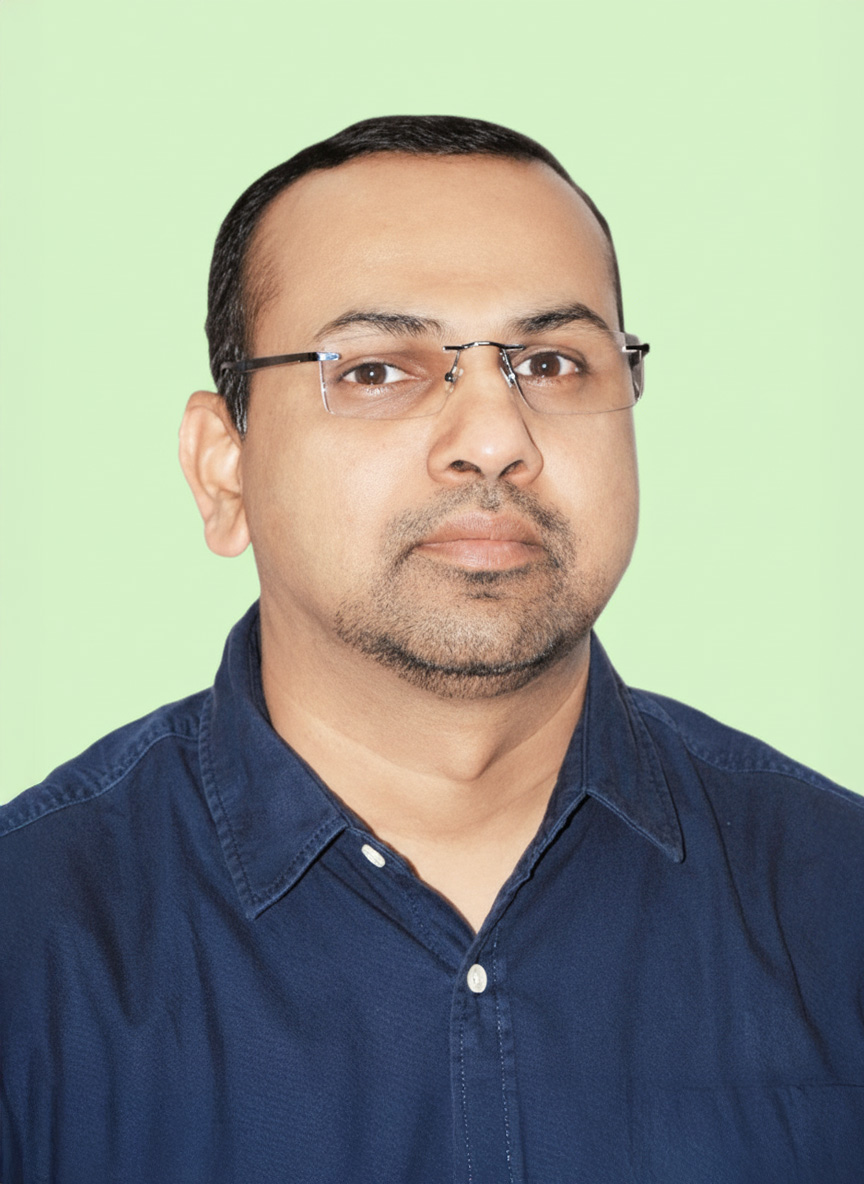
Prof. Vivek V. Buwa
Deputy Director (Strategy & Planning), IIT Delhi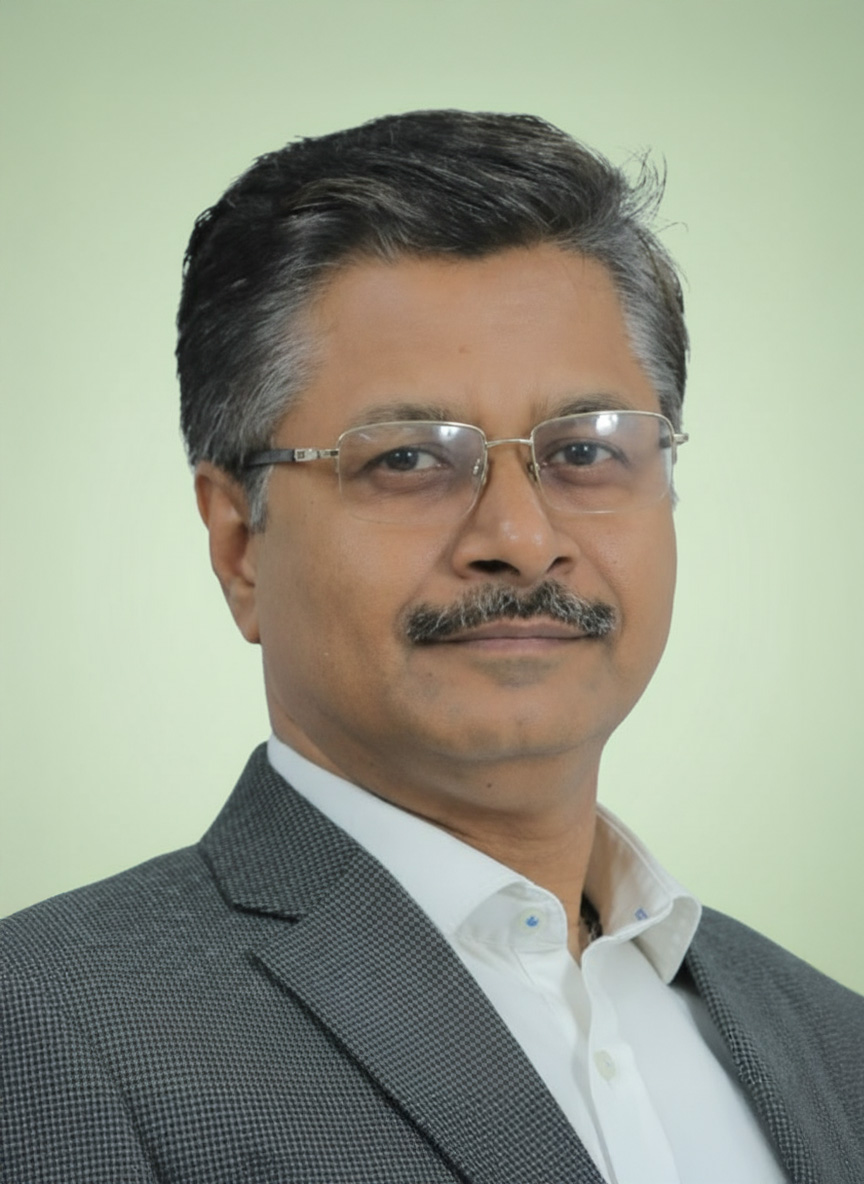
Prof. Anil Verma
Dean (International Programmes), IIT Delhi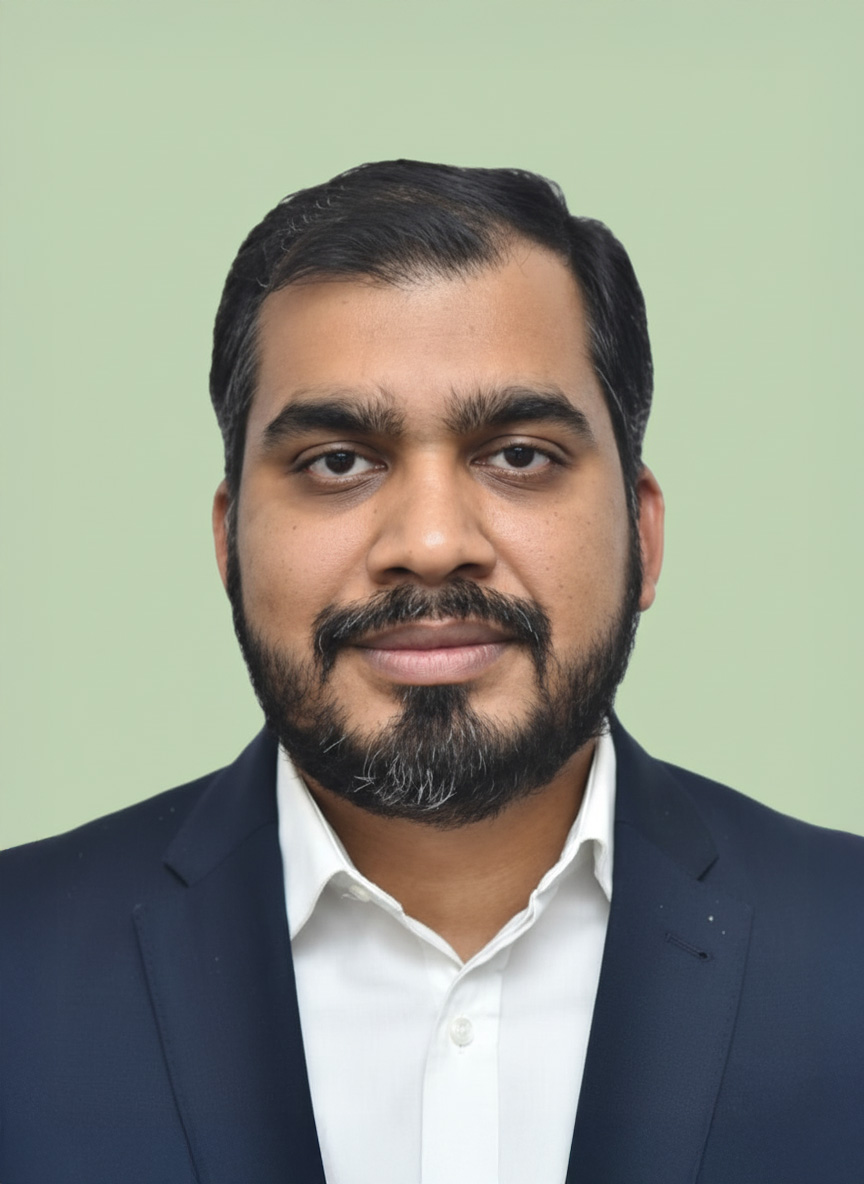
Prof. Manjesh Kumar
Indian Institute of Technology Delhi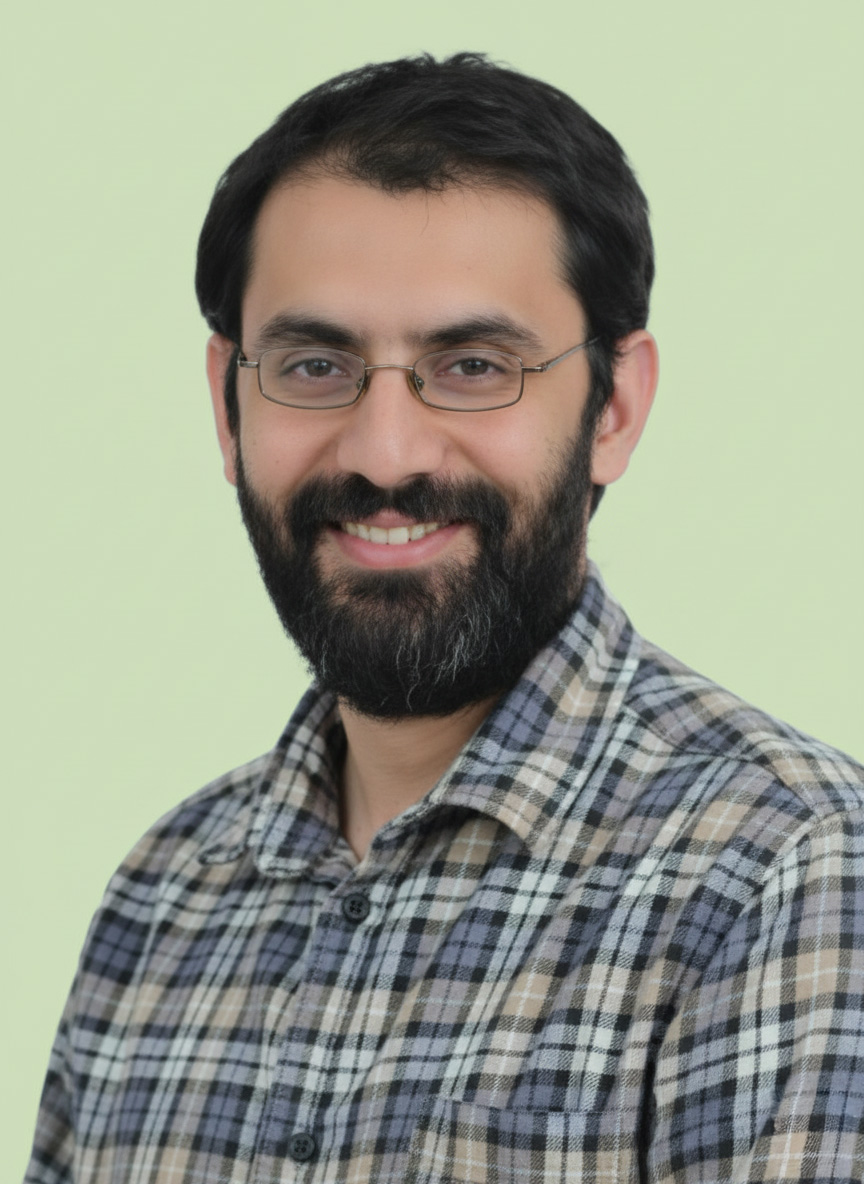
Prof. Vikram Singh
Indian Institute of Technology Delhi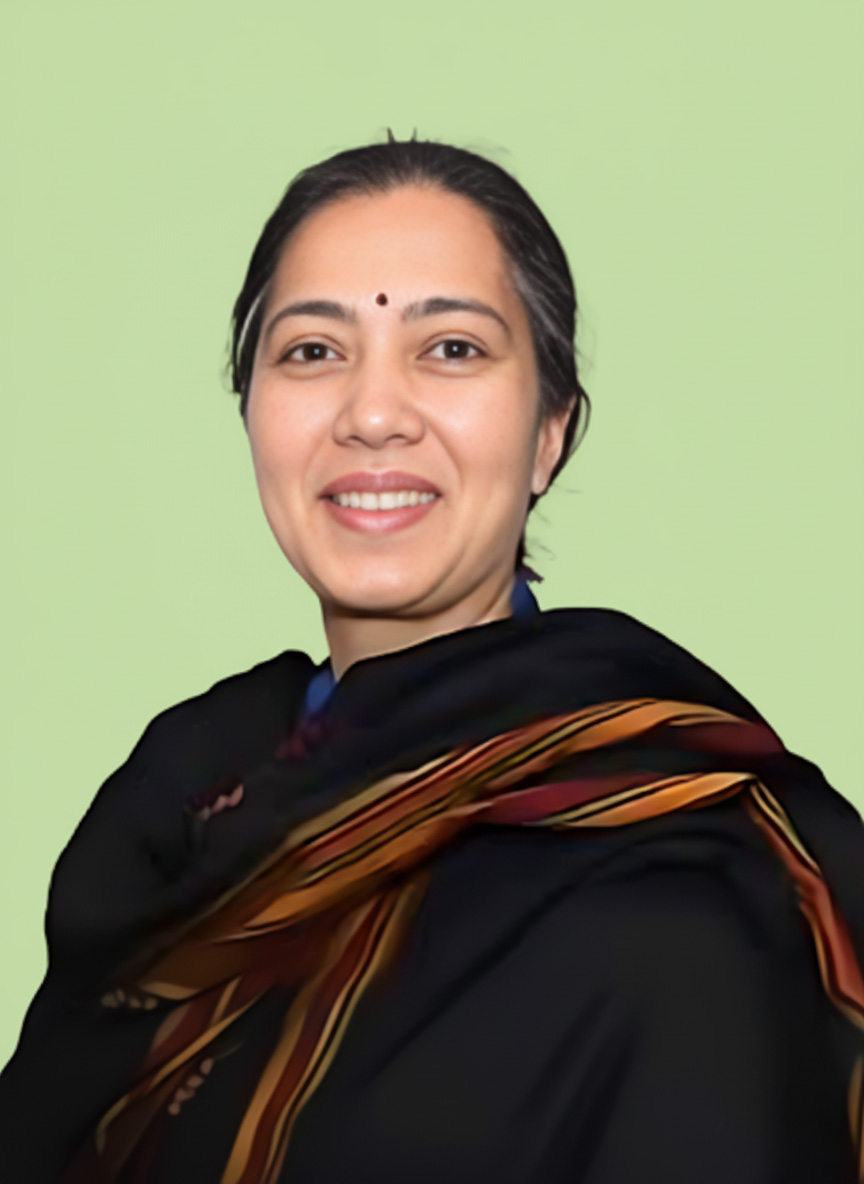
Prof. Priyanka Kaushal
Indian Institute of Technology Delhi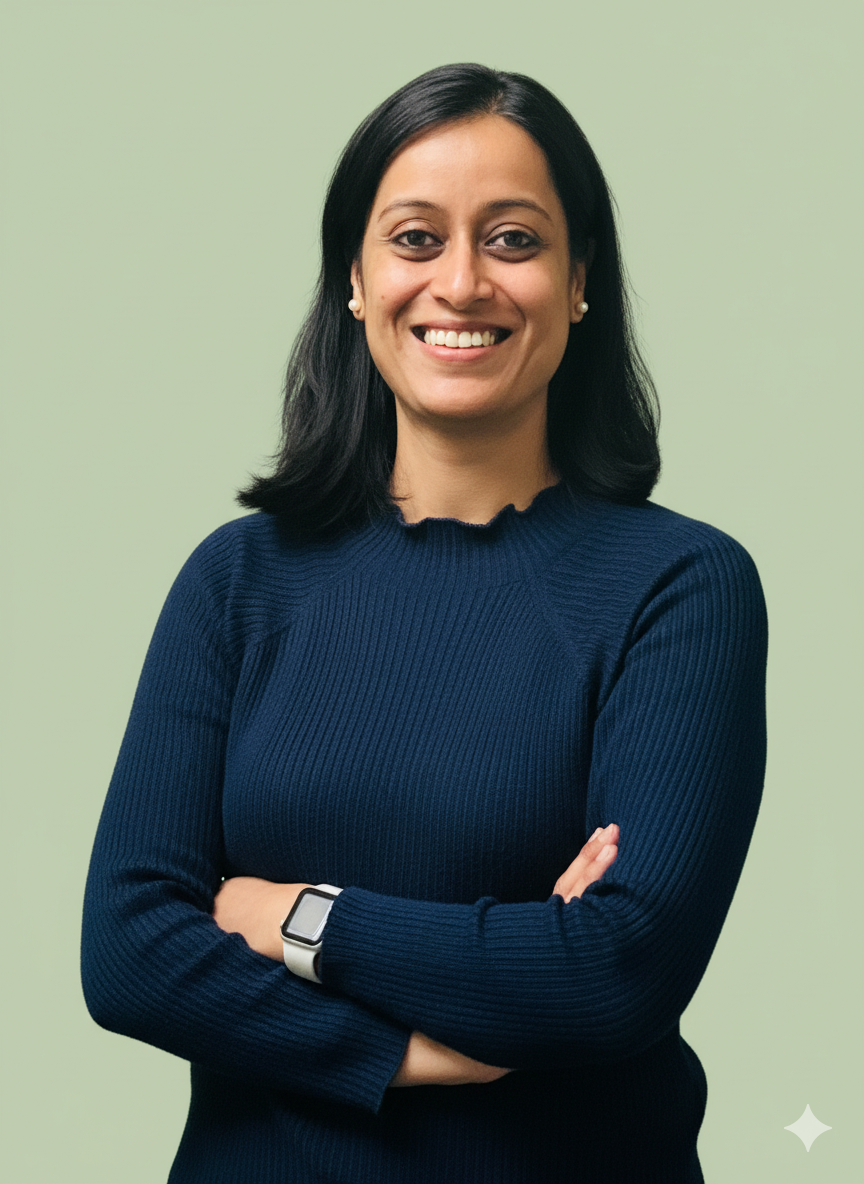
Prof. Divya Nayar
Indian Institute of Technology Delhi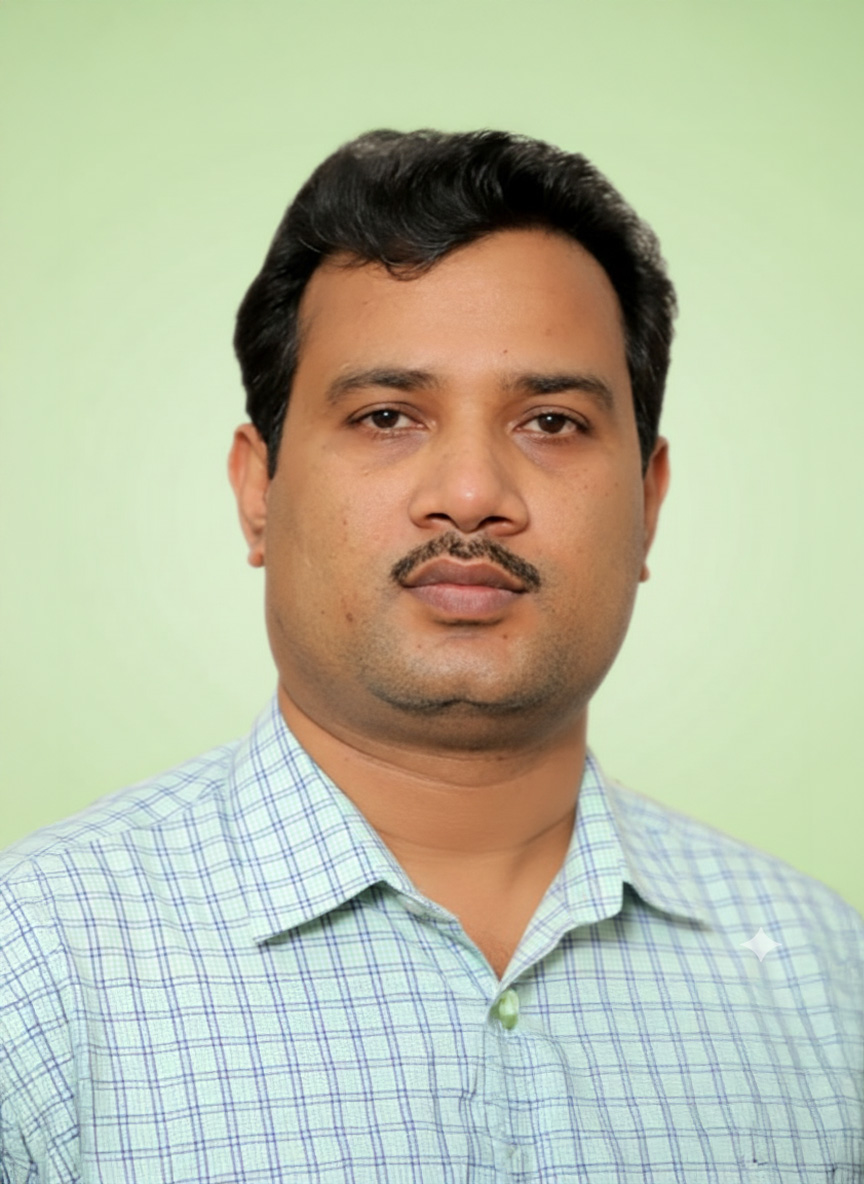
Prof. Bijay P. Tripathi
Indian Institute of Technology Delhi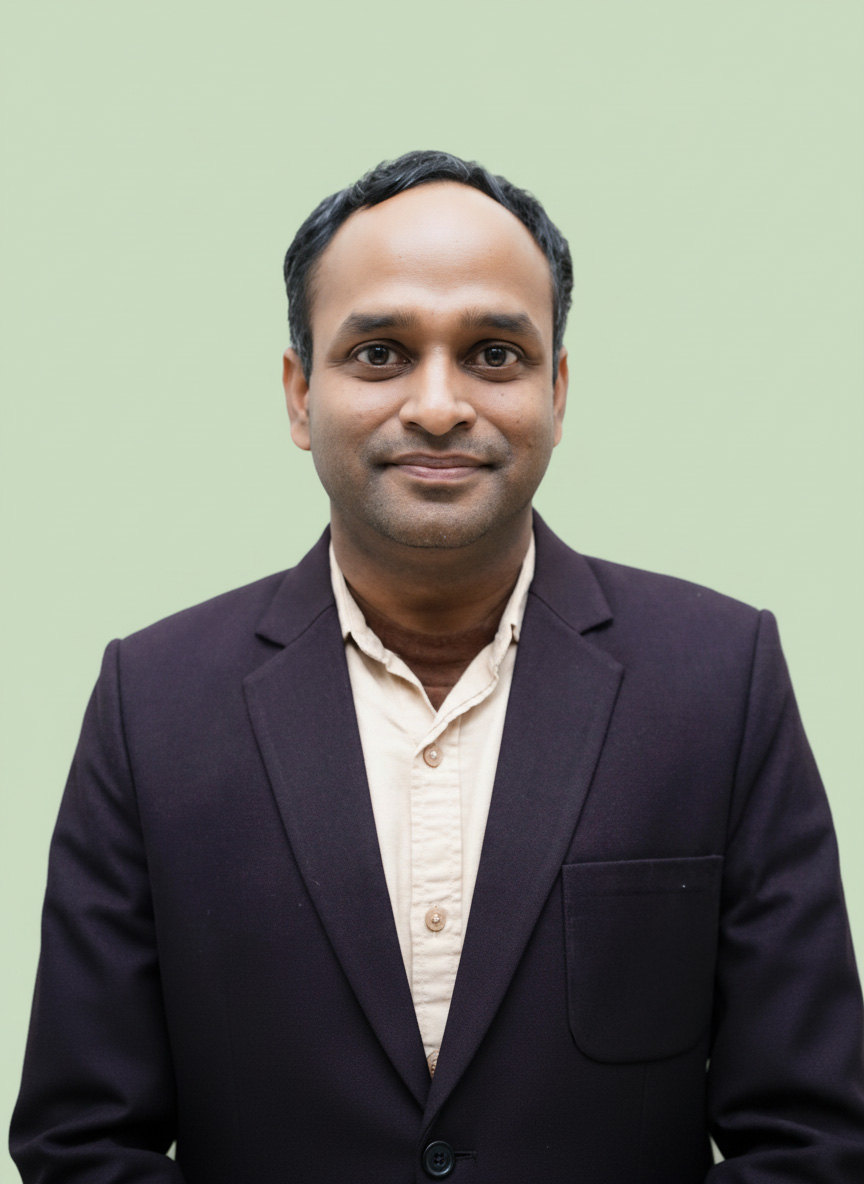
Prof. Dibyajyoti Ghosh
Indian Institute of Technology Delhi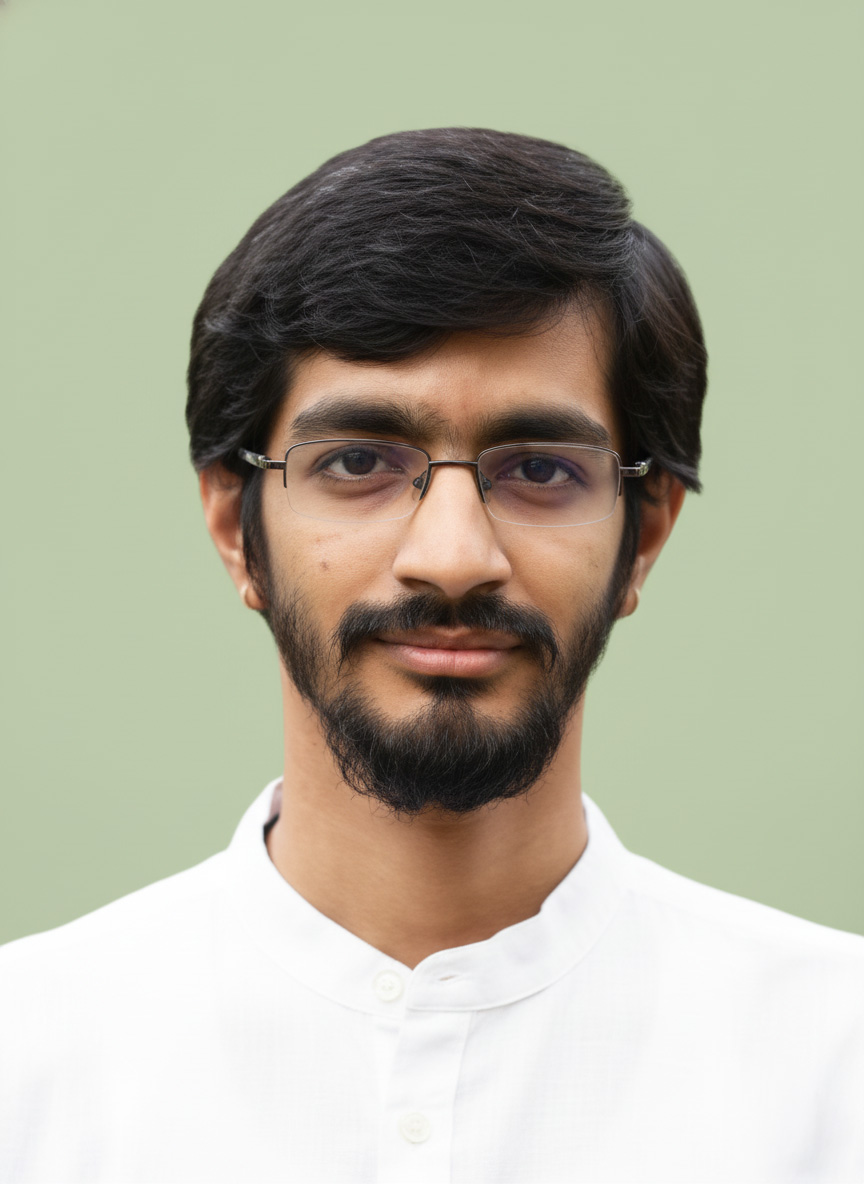
Prof. Anoop Krishnan
Indian Institute of Technology Delhi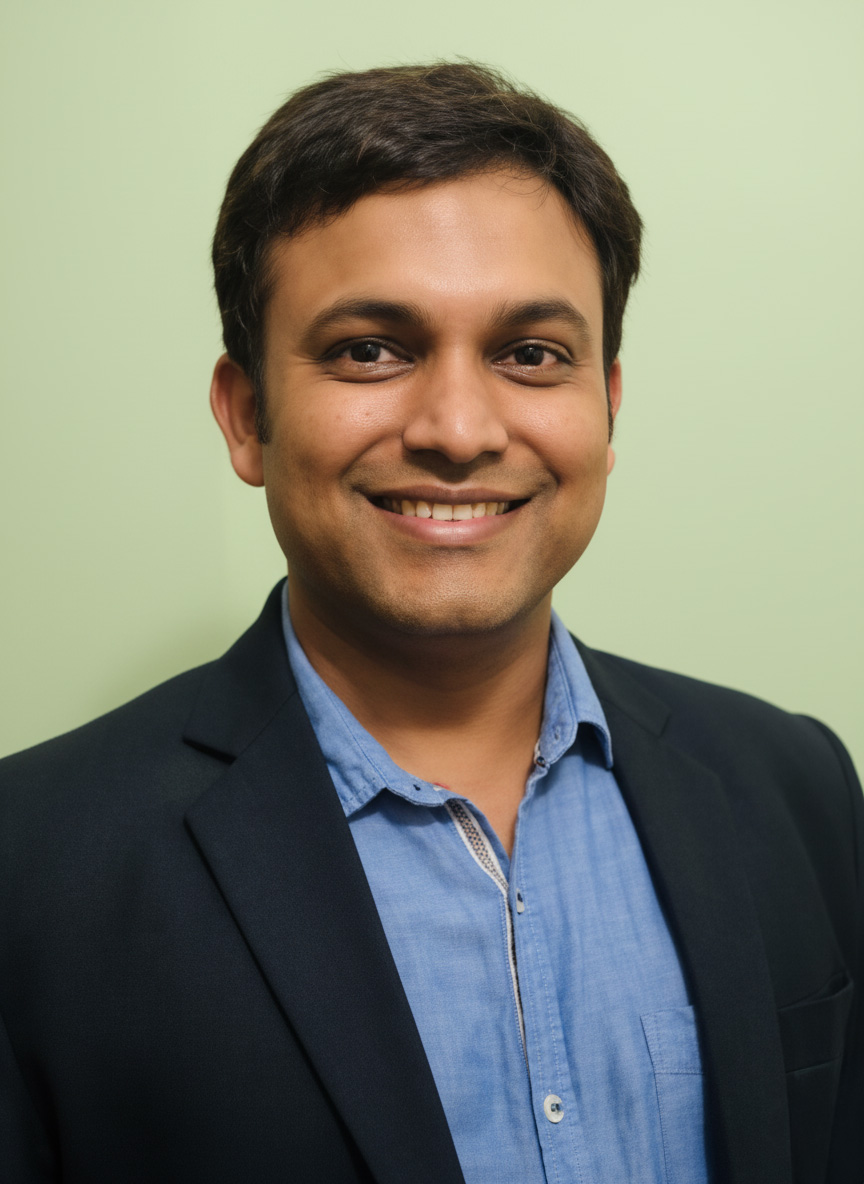
Prof. Manoj Ramteke
Indian Institute of Technology Delhi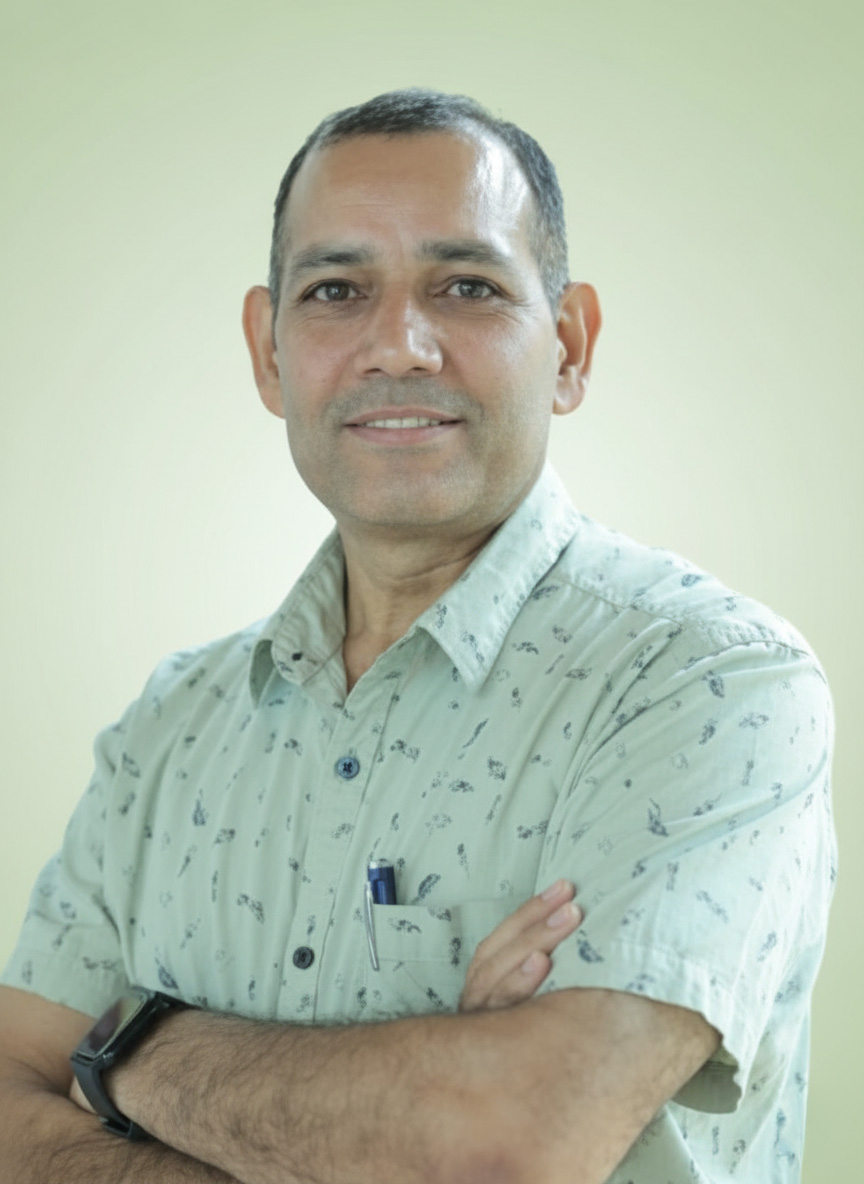
Prof. Rajendra Dhaka
Indian Institute of Technology Delhi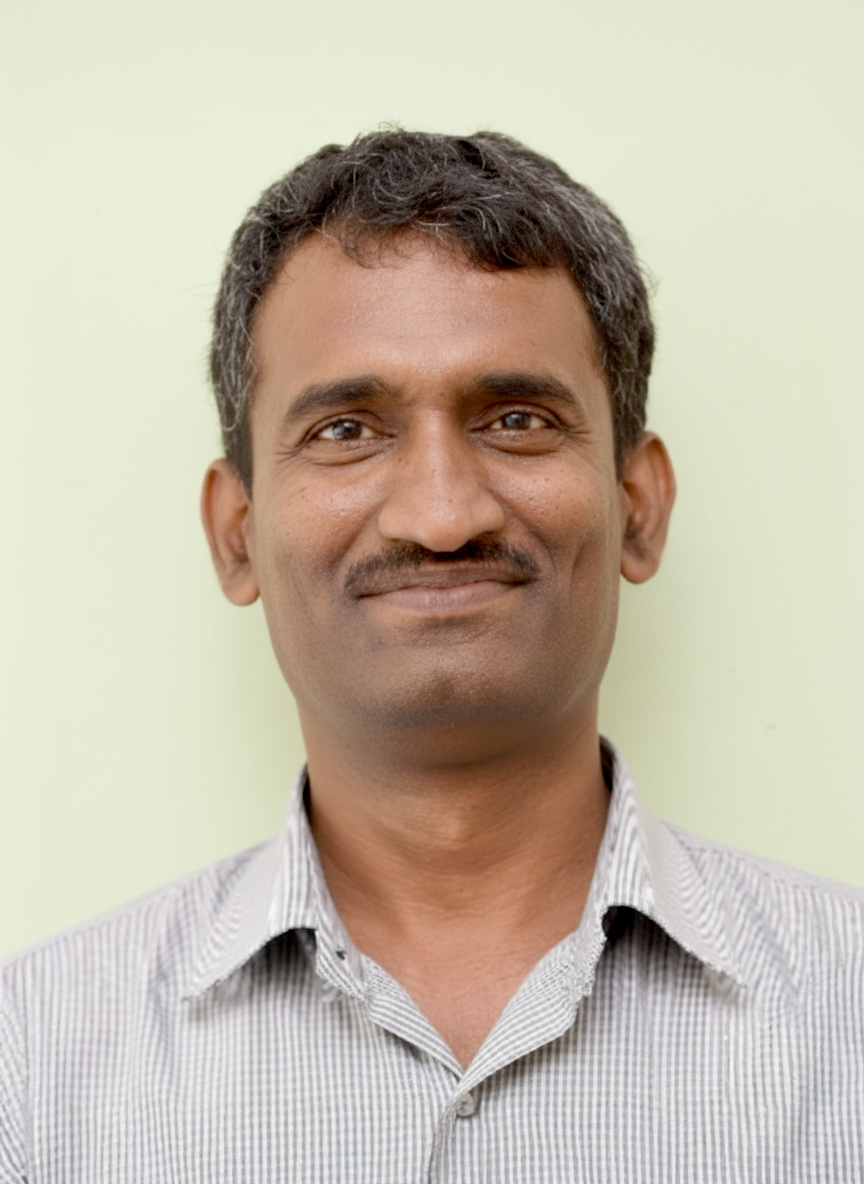
Prof. Vamsi Krishna Komarala
Indian Institute of Technology Delhi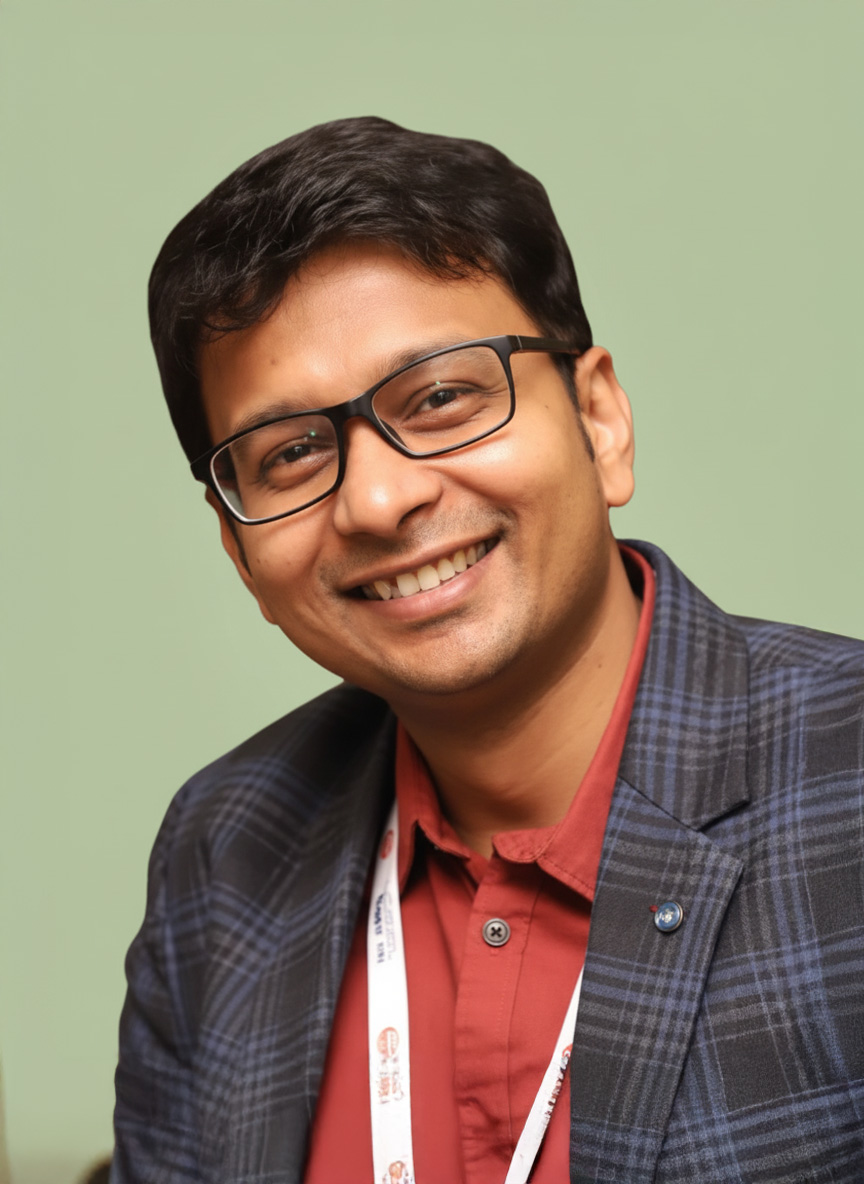
Prof. Tarak Karmakar
Indian Institute of Technology DelhiIIT Delhi - Abu Dhabi:
Where Innovation and Excellence Converge
IIT Delhi - Abu Dhabi, an epitome of academic excellence, brings the prestigious legacy of the Indian Institute of Technology Delhi to the vibrant landscape of the UAE. With a commitment to innovation, research, and global collaboration, this institution serves as a beacon of knowledge, nurturing brilliant minds and shaping future leaders in engineering, technology, and beyond.
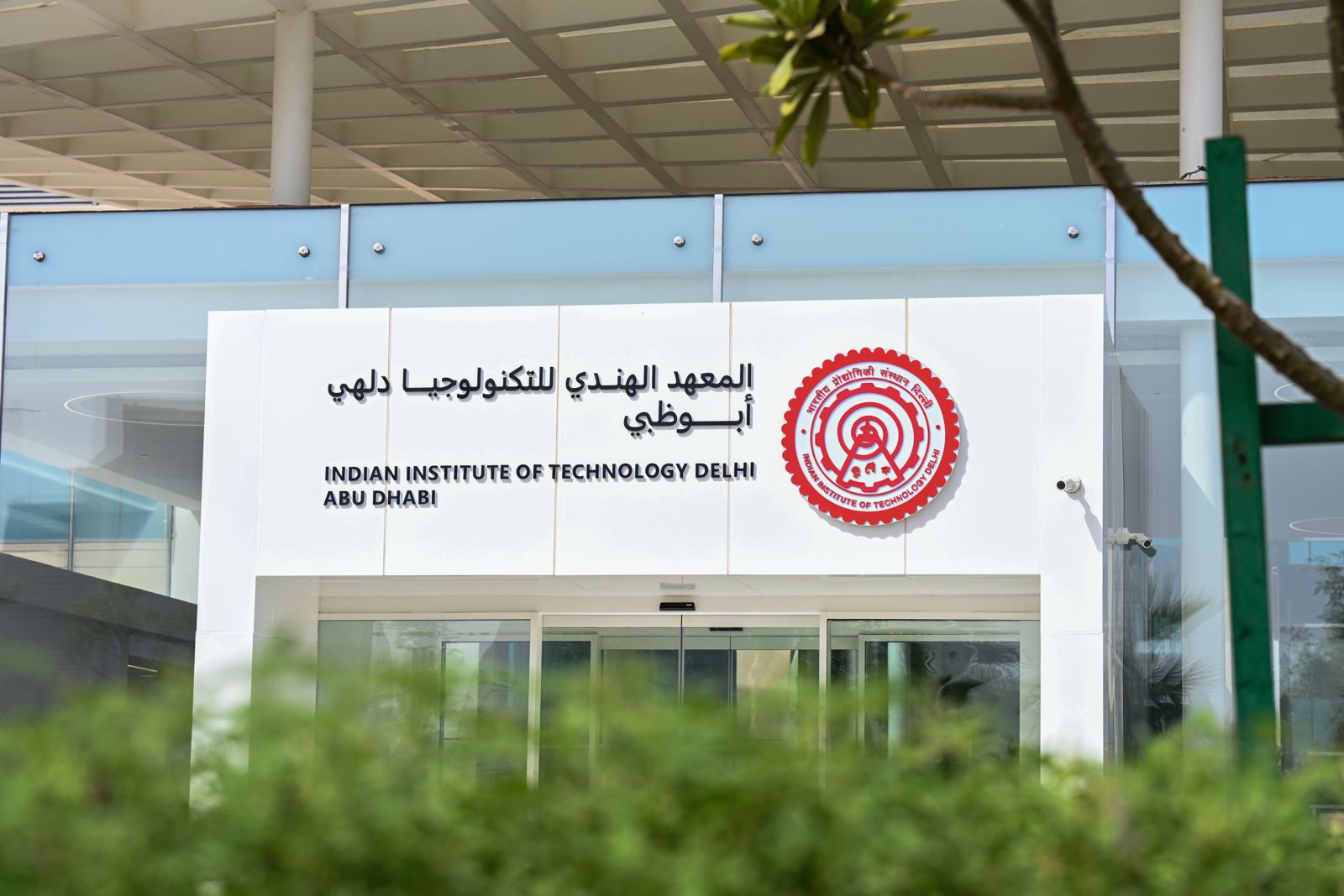
Awards & Recognition
At AIMS 2025, we are committed to recognizing outstanding contributions to inspire innovation and spotlight breakthrough research, we are proud to present:
6 Best Oral Presentation Awards
Six outstanding presenters will be awarded the Best Oral Presentation Prize, selected by a panel of experts based on originality, impact, and delivery.
The winners will receive:
A complimentary 1-year ACS membership
An award certificate by one of the ACS Journal
Sponsors for Oral Presentation Awards
- ACS Sustainable Chemistry & Engineering
- Industrial & Engineering Chemistry Research
- Energy & Fuels
- ACS Applied Energy Materials
- ACS Omega
- ACS Engineering Au
8 Best Poster Presentation Awards
We will honor 8 exceptional poster presentations, selected for their scientific merit, clarity, and relevance to the conference themes.
Each recipient will receive:
A 1-year complimentary ACS membership
An award certificate by one of the ACS Journal and special mention during the closing ceremony
Sponsors for Poster Presentation Awards
- ACS Sustainable Chemistry & Engineering
- ACS Sustainable Resource Management
- Energy & Fuels
- ACS Omega
- ACS Physical Chemistry Au
- ACS Materials Au
- ACS Environmental Au
- ACS Engineering Au
Special issues of journals featuring papers presented at AIMS-2025
Leading journals are inviting papers presented at AIMS-2025 for publication. Authors are encouraged to submit original work aligned with the conference themes on AI and Materials for Sustainability.
Pre-Conference Workshops
Gain hands-on training and professional development before the main conference. AIMS-2025 offers three exclusive pre-conference workshops led by global experts, designed to equip participants with cutting-edge skills in AI, materials design, scientific communication, and innovation pathways.
Workshop 01: Hands-on with data-driven approaches to accelerate catalysis and materials research

Artificial intelligence (AI) and machine learning (ML) are transforming conventional catalysis and materials research by enabling data-driven potentials for significantly faster molecular simulations. This workshop will introduce how to build model catalyst surfaces and use the FAIR Chemistry potentials like the Universal Model for Atoms (UMA) to simulate adsorption and reaction energies for catalytic systems. Through hands-on modules and exercises, participants will learn how to: (i) compute adsorption energies of CO/CO2 on different catalyst surfaces, and (ii) perform transition state searches and estimate reaction barriers for the relevant rate-determining steps. The participants will also learn how theory-driven reaction energetics can be used to construct microkinetic models and compare computationally predicted and experimentally measured reaction kinetics.
Workshop 02: Capacity Building Workshop on How to Prepare and Deliver an Effective Oral or Poster Presentation

Preparing high-quality oral presentations and posters is a crucial skill for young researchers participating in technical conferences, as it directly influences how effectively their work is communicated, received, and remembered by peers, mentors, and potential collaborators. A well-structured presentation or visually engaging poster not only showcases the scientific rigor of their research but also demonstrates their ability to distill complex ideas into clear, compelling narratives - a skill vital for academic, industry, and policy-facing roles. Conferences offer rare opportunities to gain feedback, build networks, and increase visibility; hence, poor communication can result in missed connections or misinterpretation of valuable work. Moreover, as competition grows for recognition, funding, and publishing opportunities, the ability to present research impactfully can set a young researcher apart, enhancing their professional reputation and accelerating their scientific journey.
All those who complete this course module will get a certificate from ACS and IIT Delhi AD/ACS Student Chapter.
Workshop 03: Innovation-Focused Programming - From lab to market, strategies for translating research into real-world innovations

Innovation serves as the critical link between fundamental research and its translation into impactful real-world technologies. This workshop is designed to guide participants through the Lab-to-Industry pathways that enable scientific advances to move from academic settings toward scalable applications. Topics include identifying research outcomes with strong commercialization potential, understanding technology readiness levels and scale-up processes, navigating intellectual property and patent landscapes, and building collaborations with industrial partners, incubators, and funding agencies. Through expert insights and case studies, participants will gain a practical understanding of how to protect, advance, and commercialize their research in ways that address sustainability challenges, ensuring that scientific breakthroughs contribute meaningfully to industry and society.

Efficient Research Data Management (RDM) is essential for ensuring that experimental and computational results in catalysis and materials research are transparent, reproducible, and reusable. This workshop introduces the fundamental concepts of RDM and shows how adopting FAIR (Findable, Accessible, Interoperable, and Reusable) data practices can improve the quality and impact of research. Participants will learn how to organize and document laboratory data using electronic lab notebooks (ELNs) and see practical examples of how structured, well-managed data accelerates collaboration and discovery. Real-world cases will demonstrate how FAIR data enables automated analysis, ontology-driven integration, and AI-assisted exploration of structure-function relationships. The session will close with a discussion on current challenges and opportunities in implementing RDM in catalysis. By the end, participants will understand how to take the first steps toward FAIR data practices in their own research.
